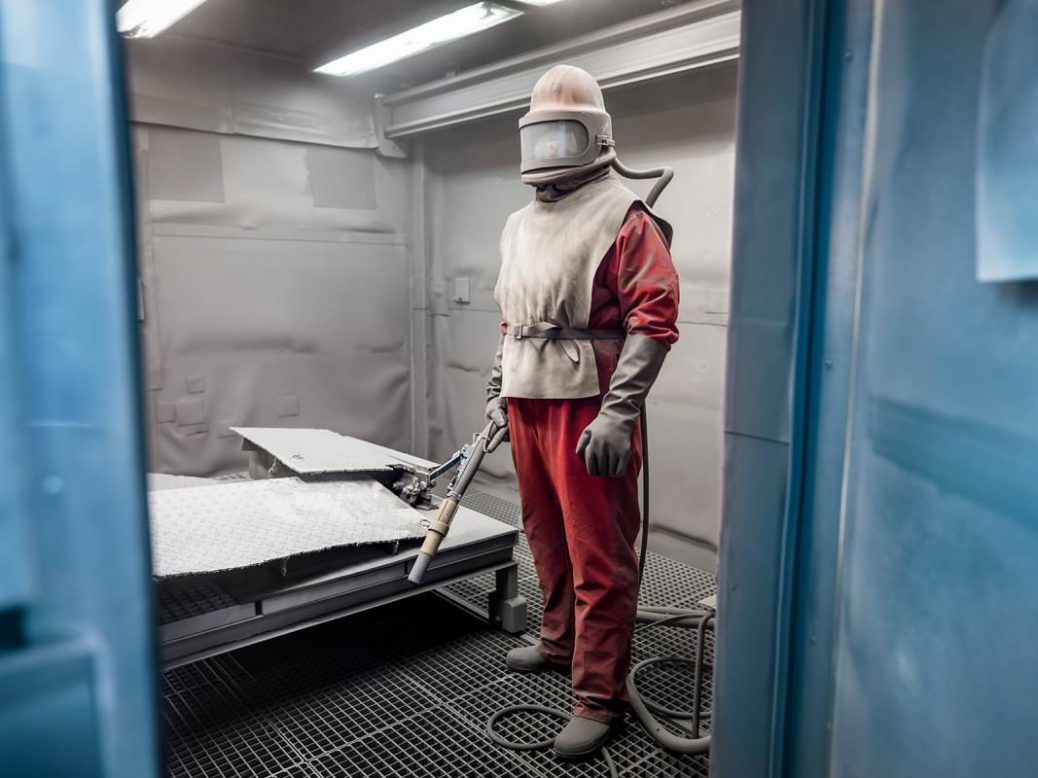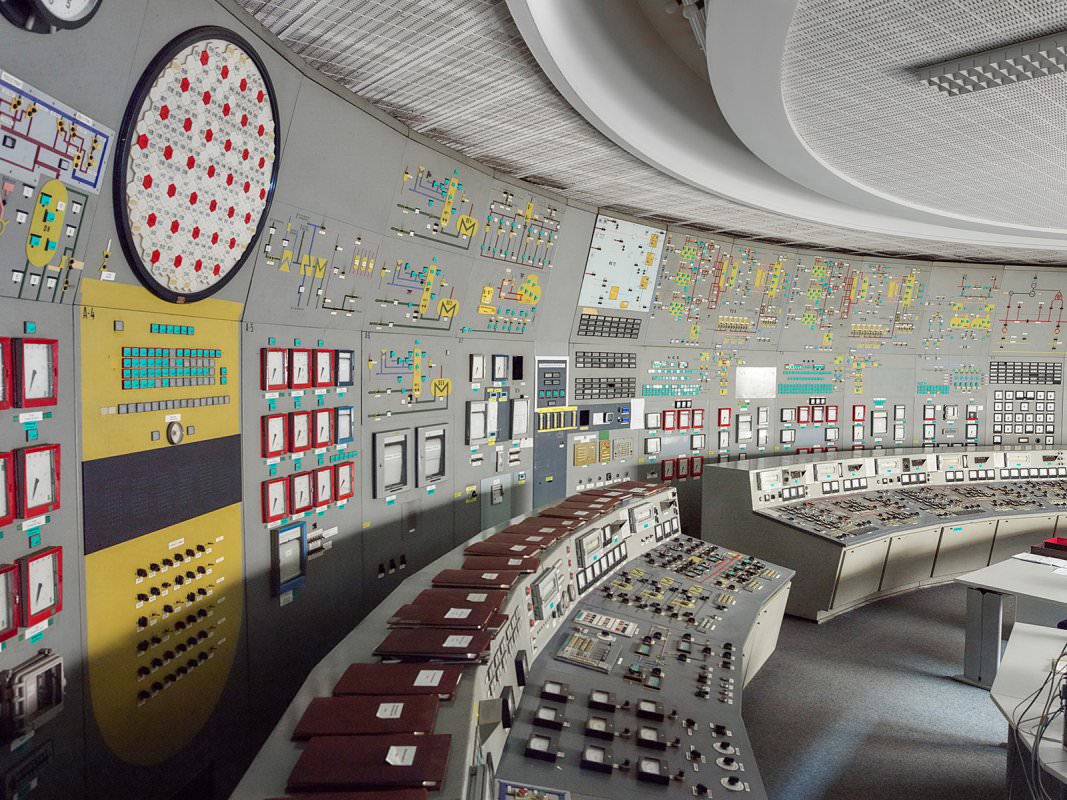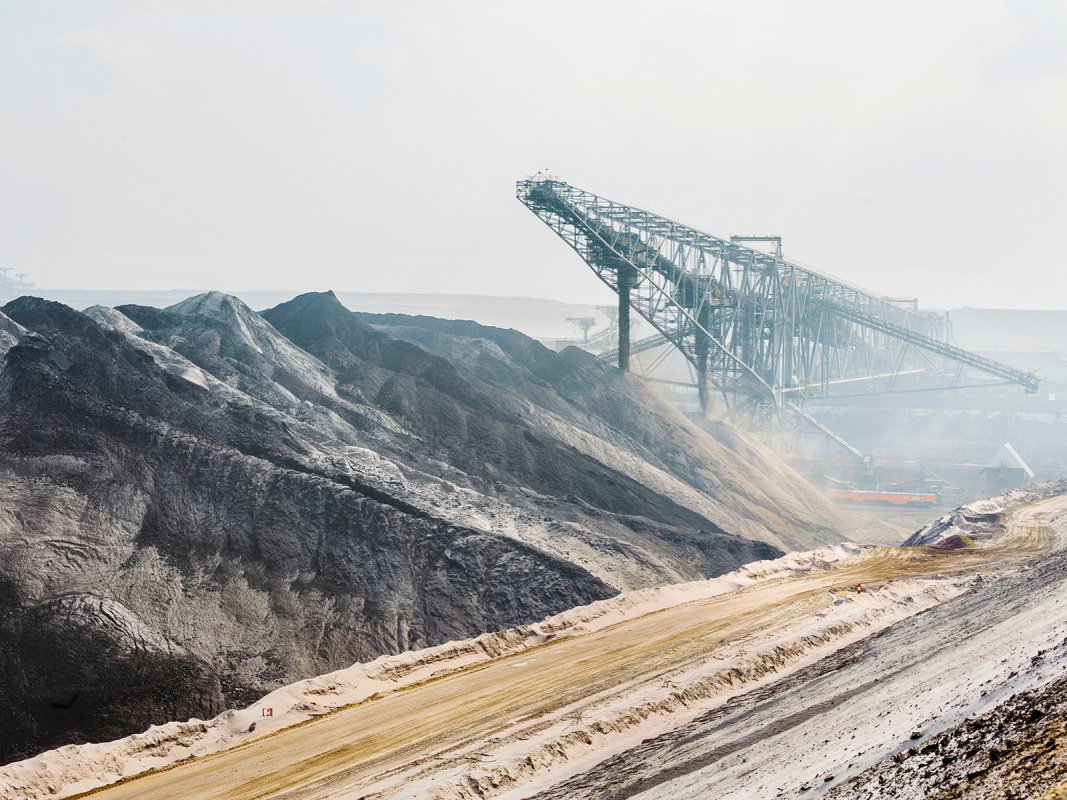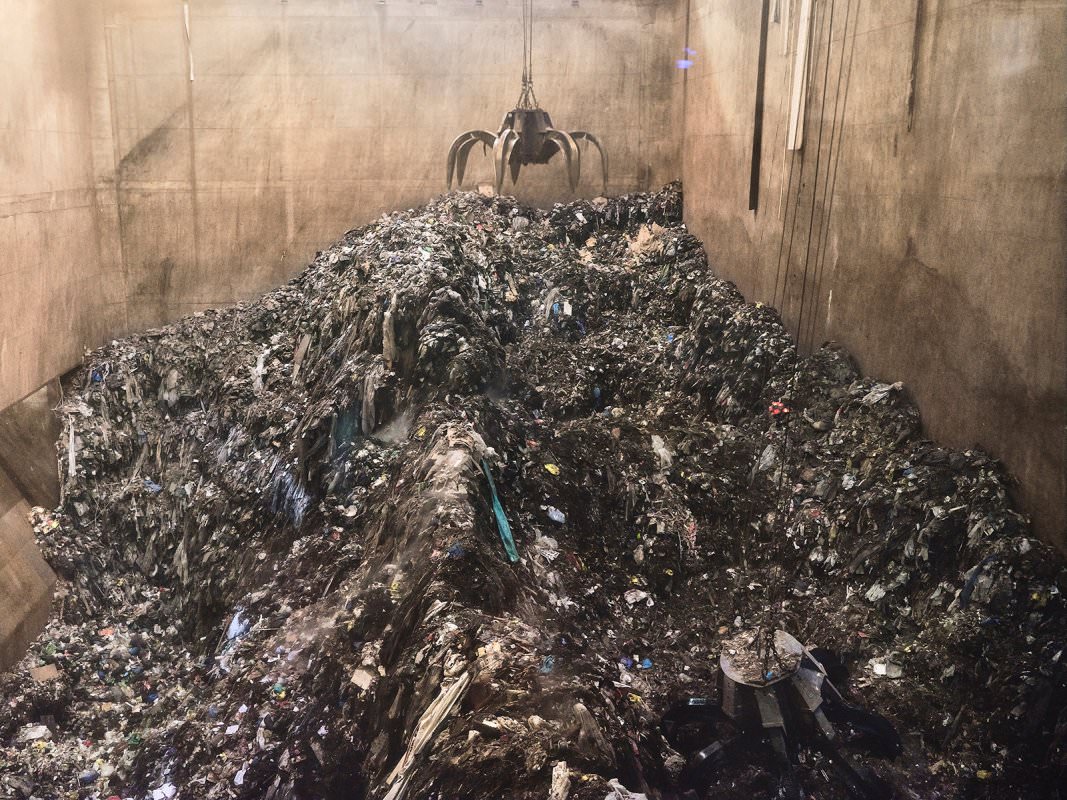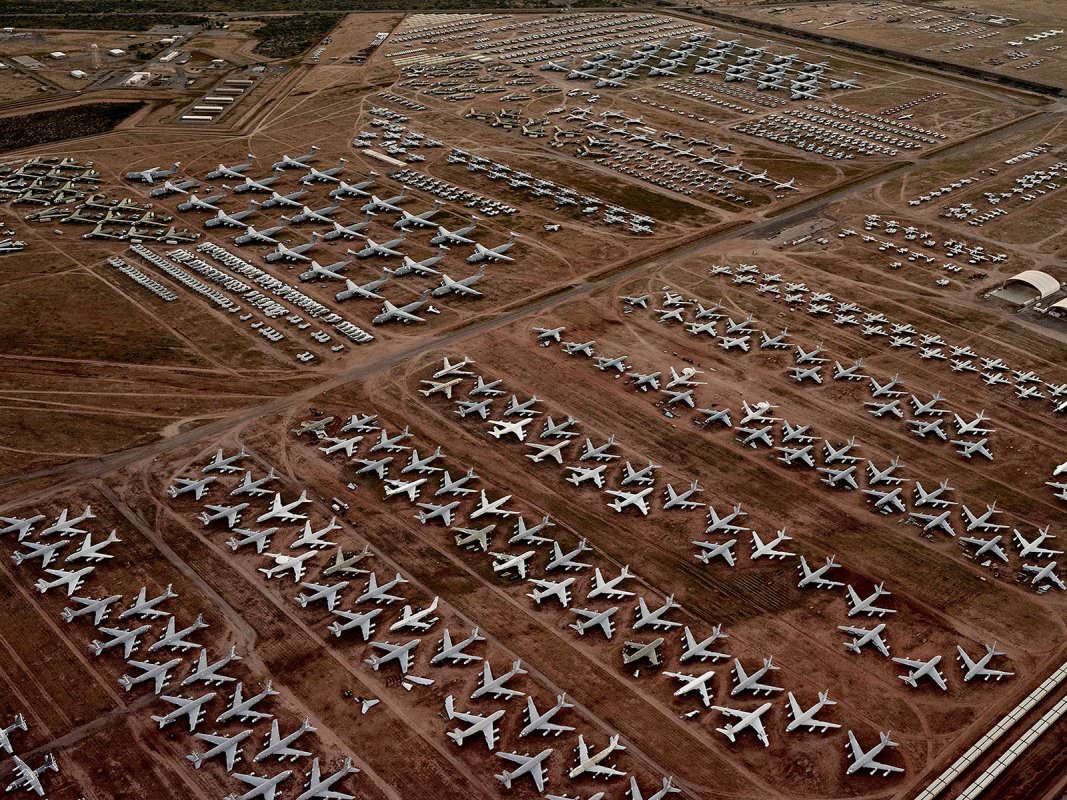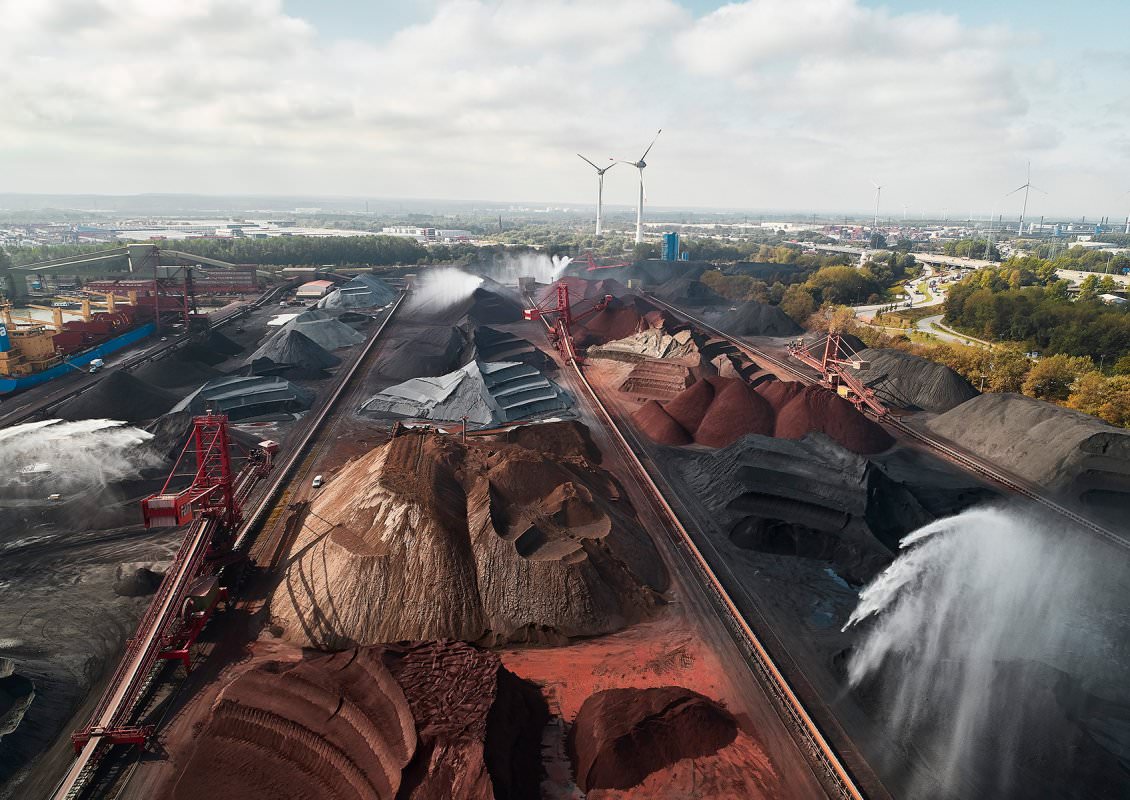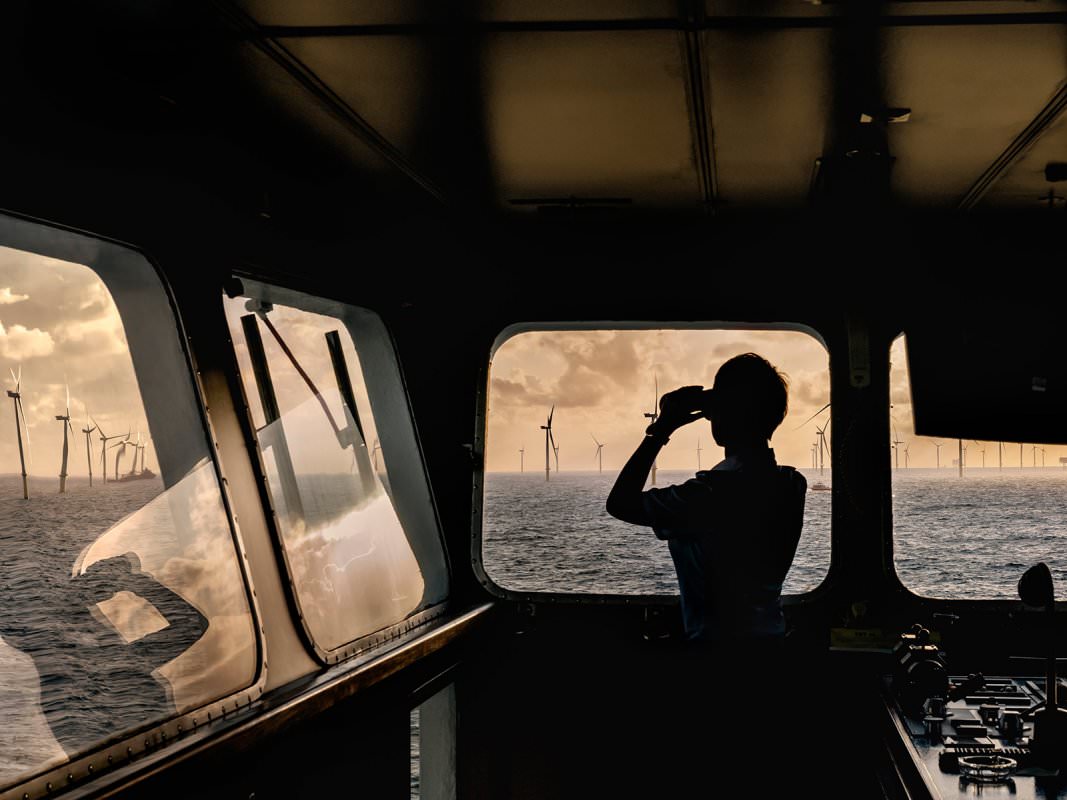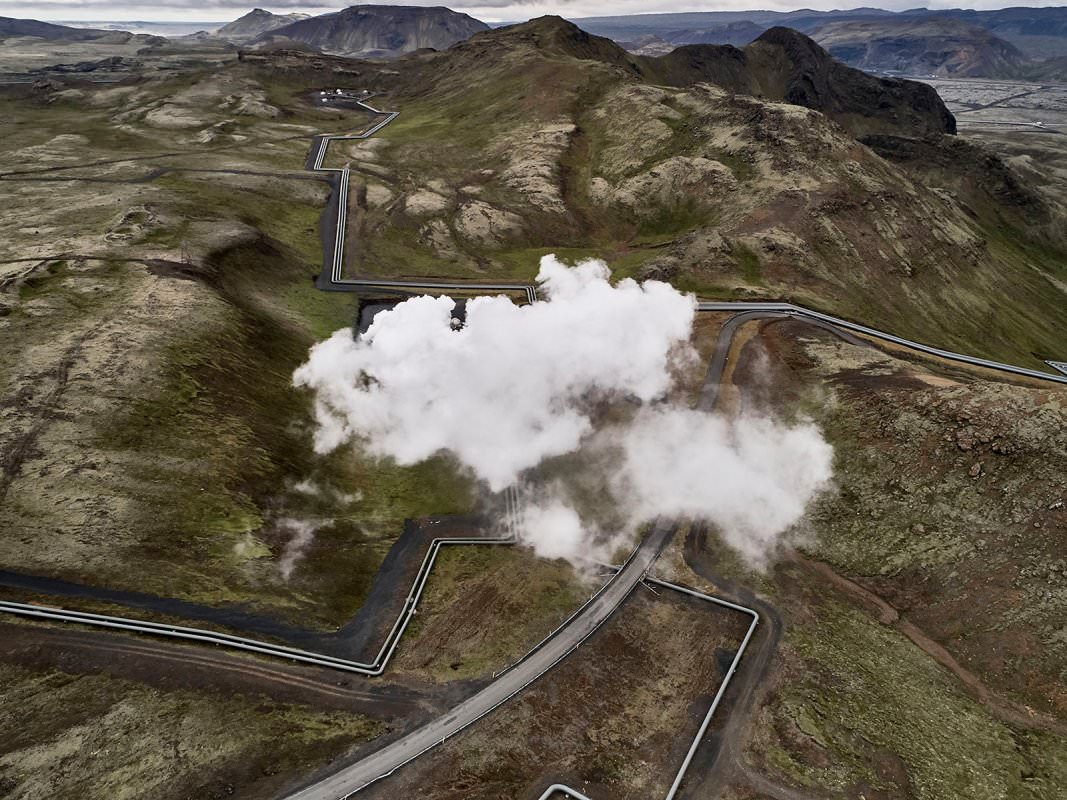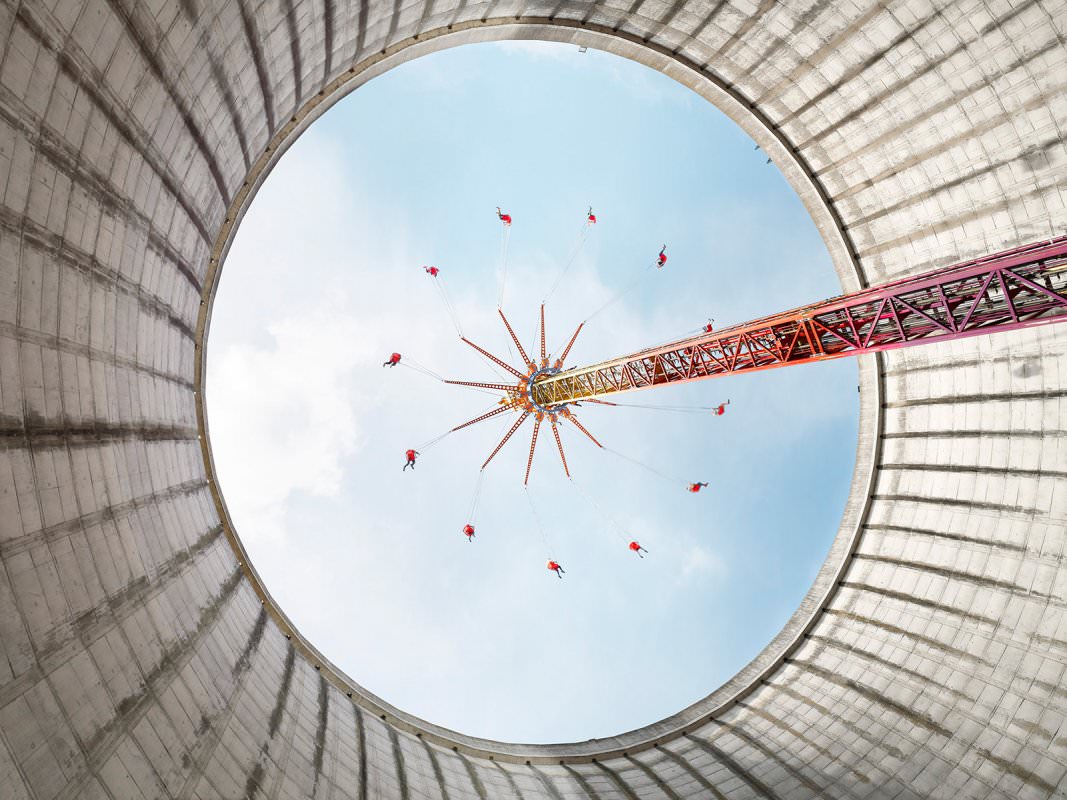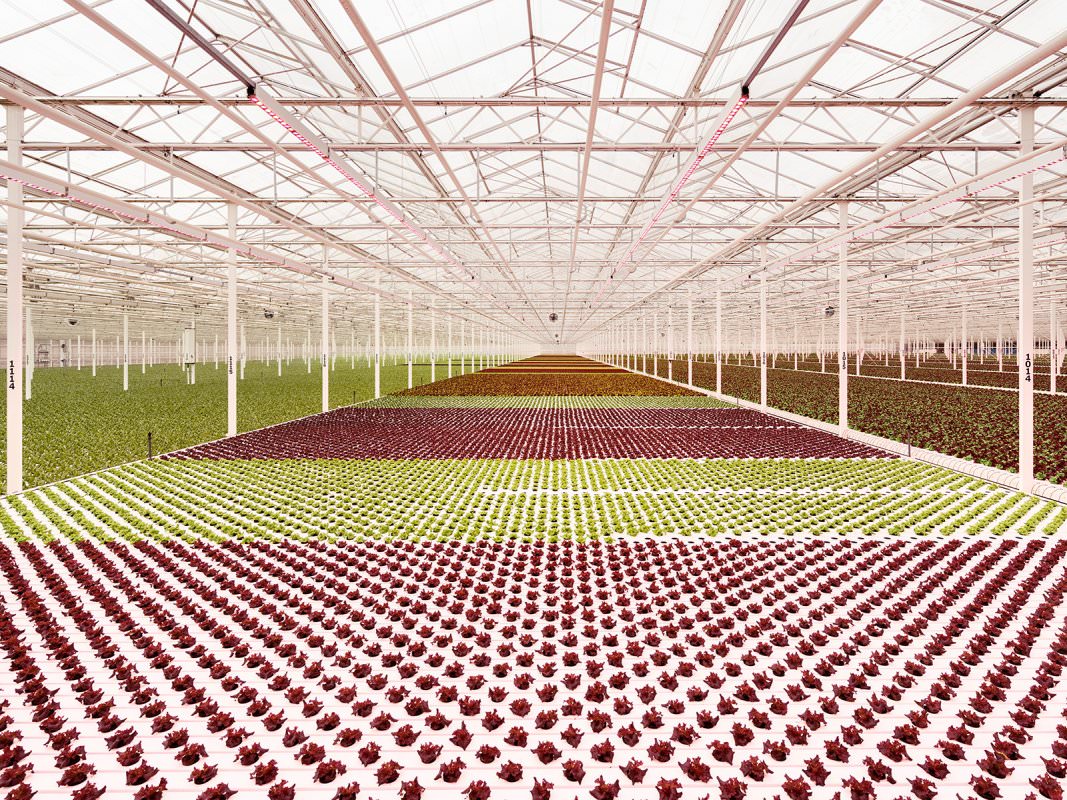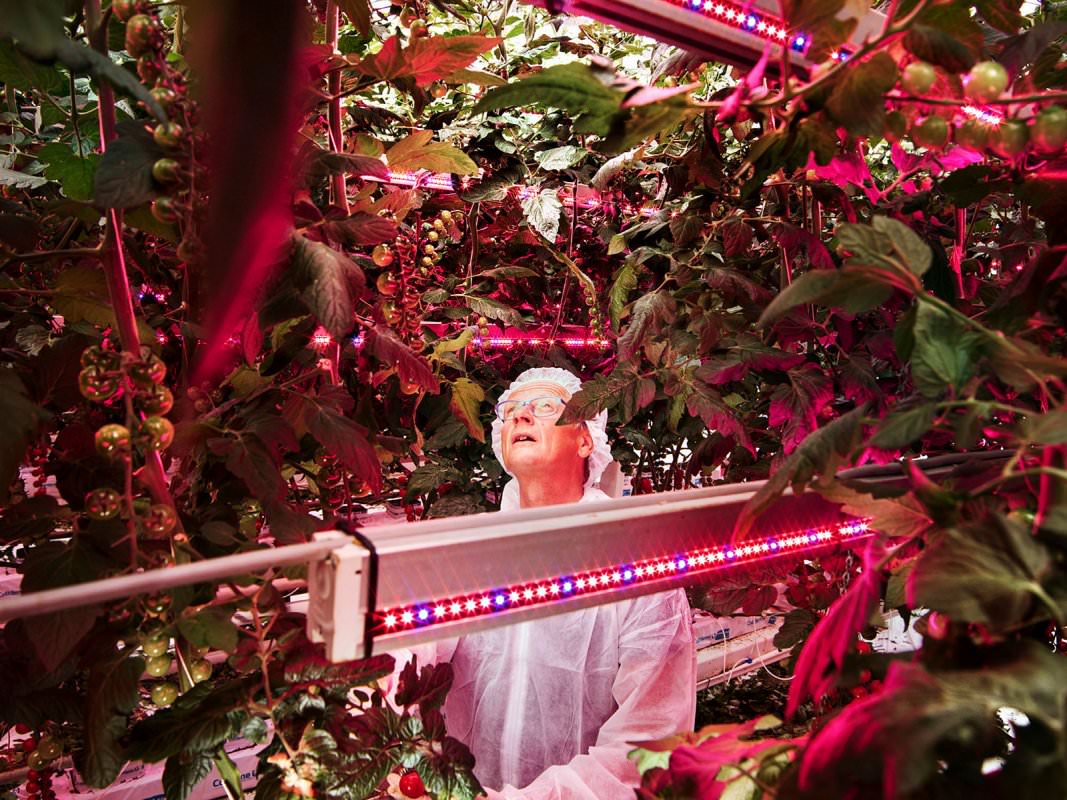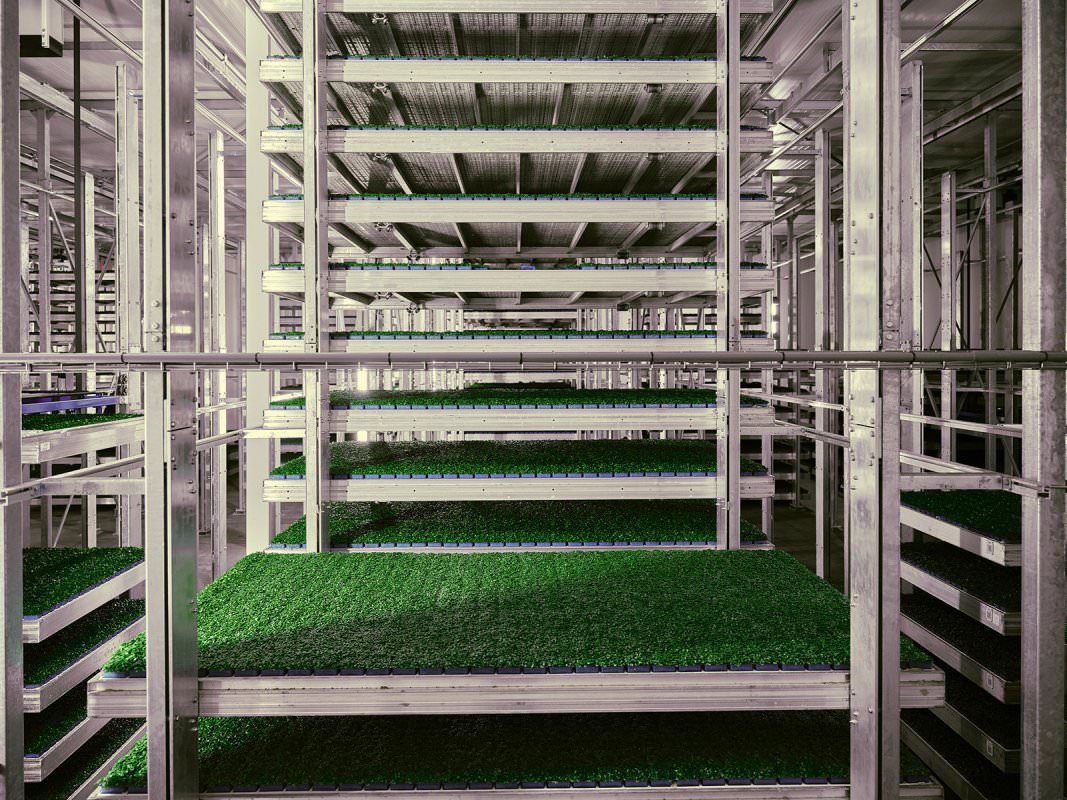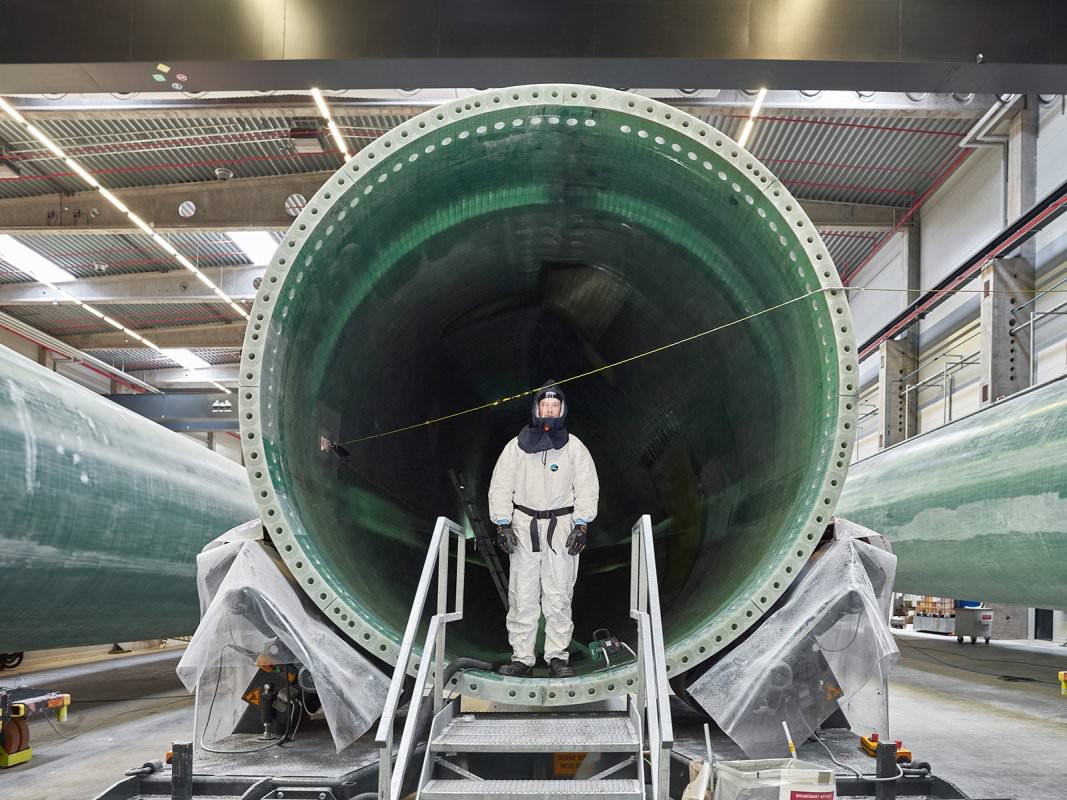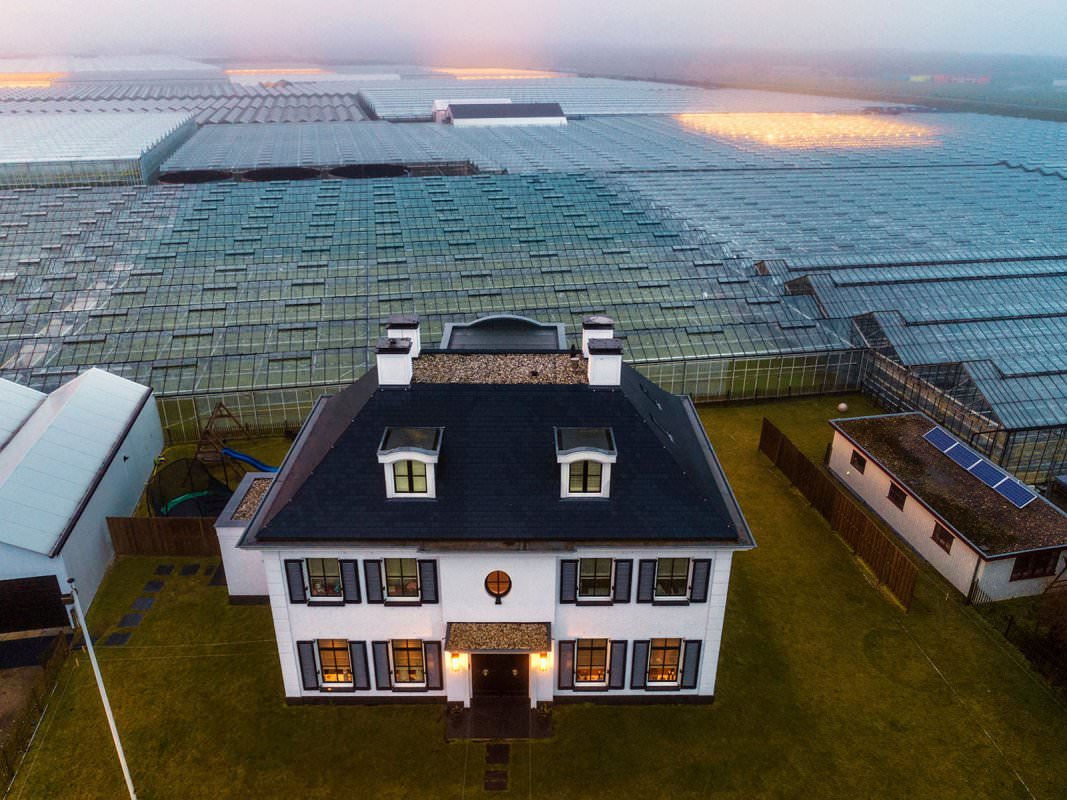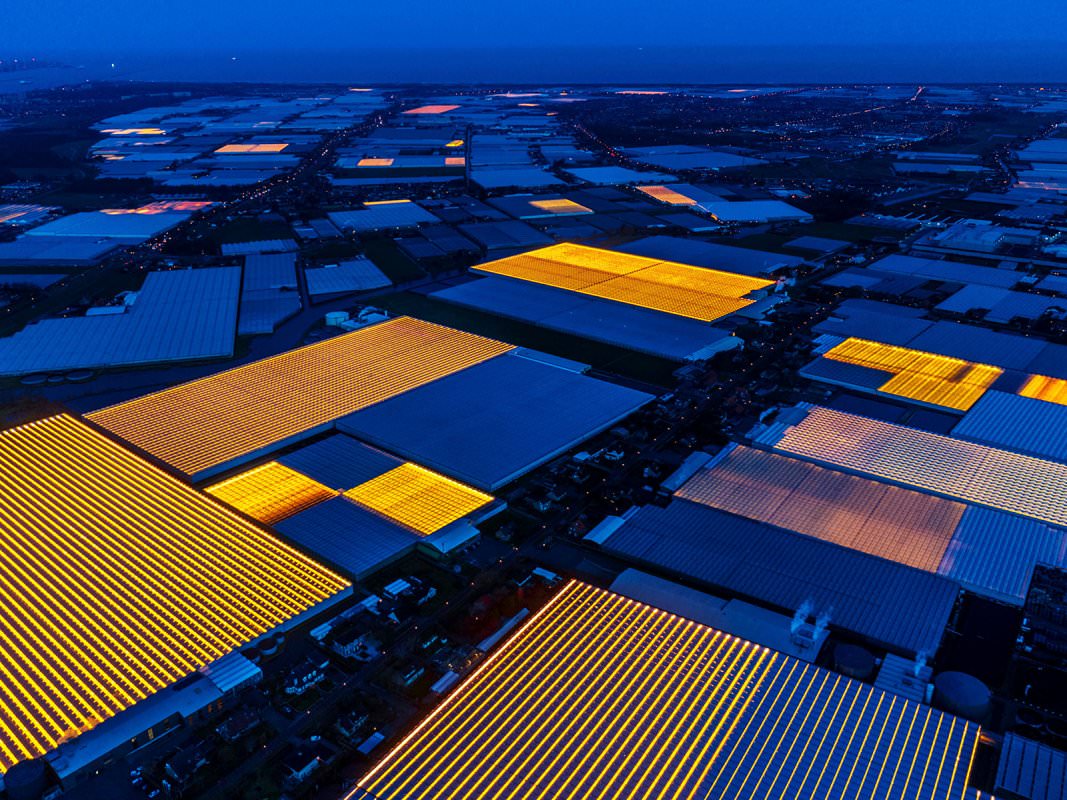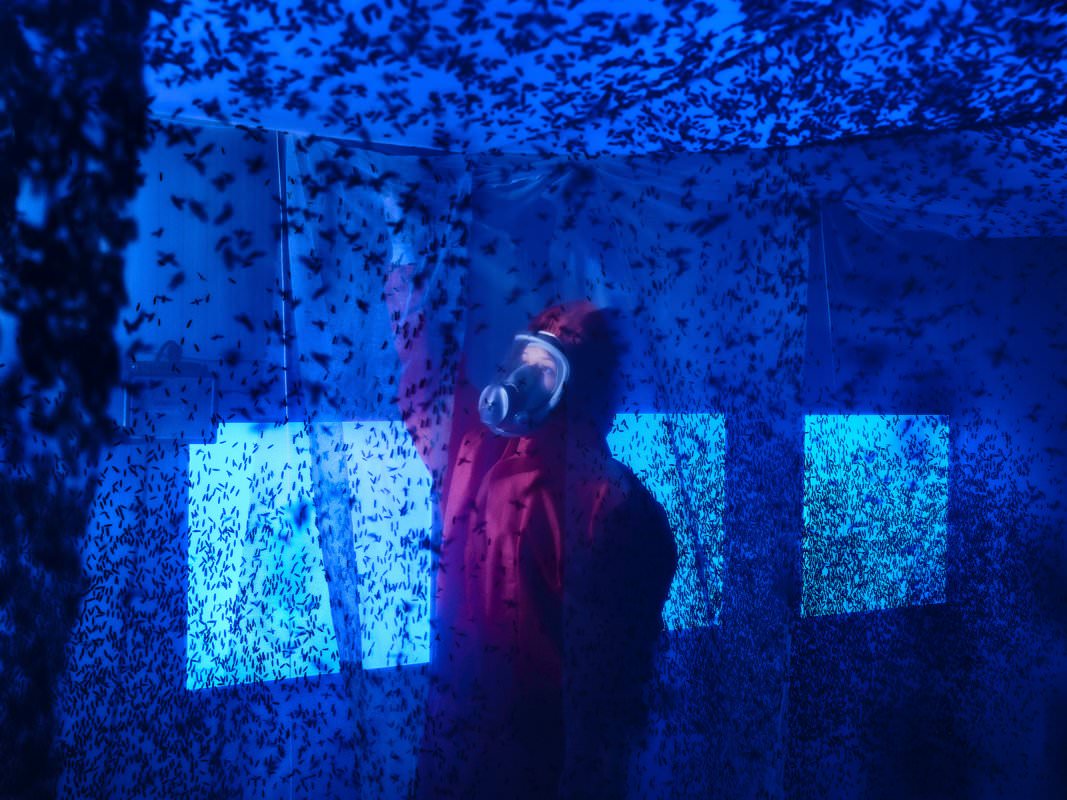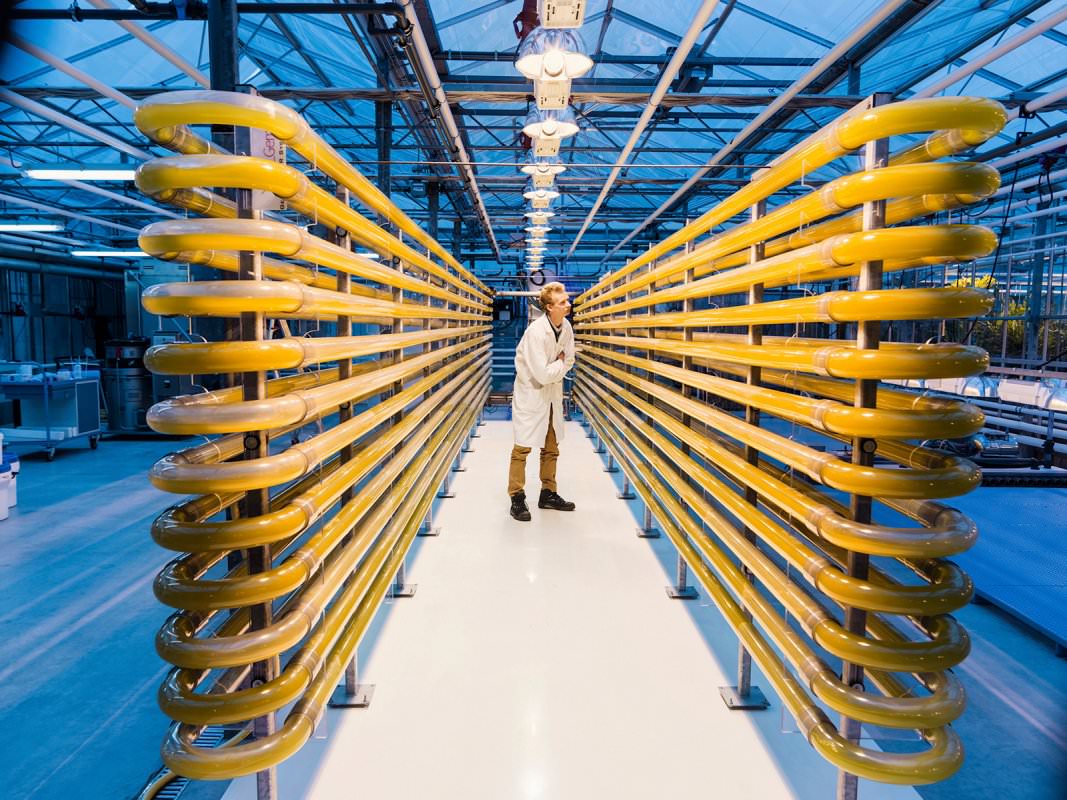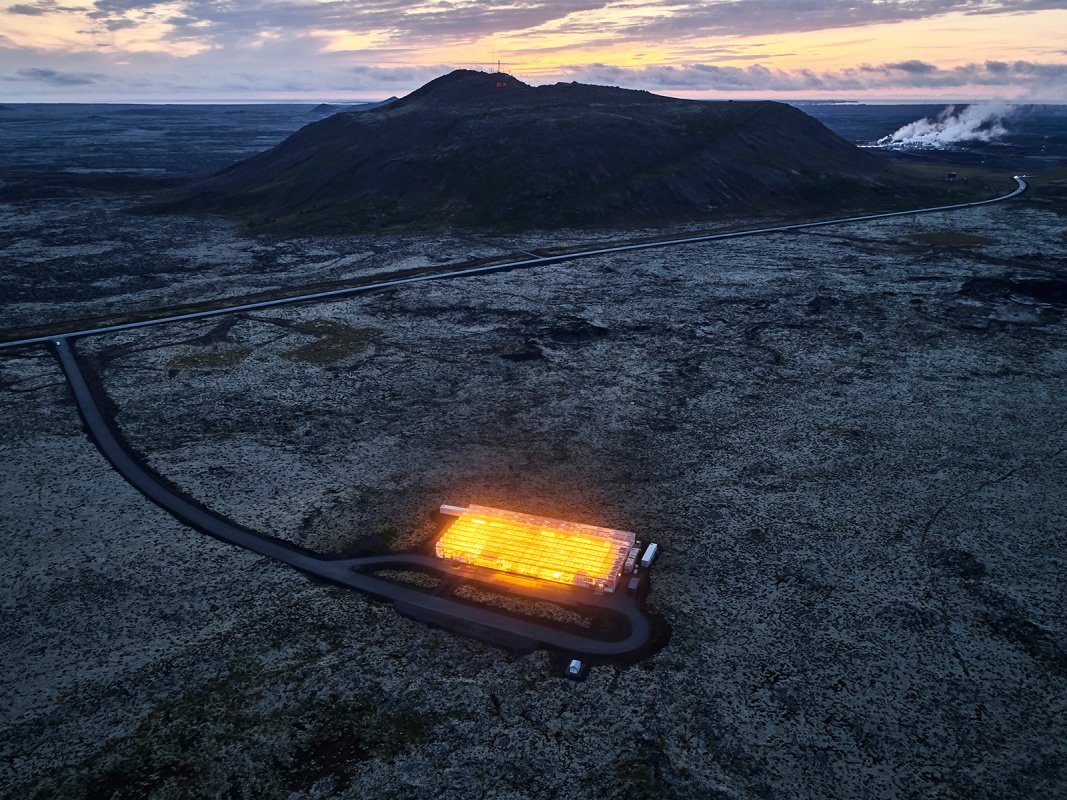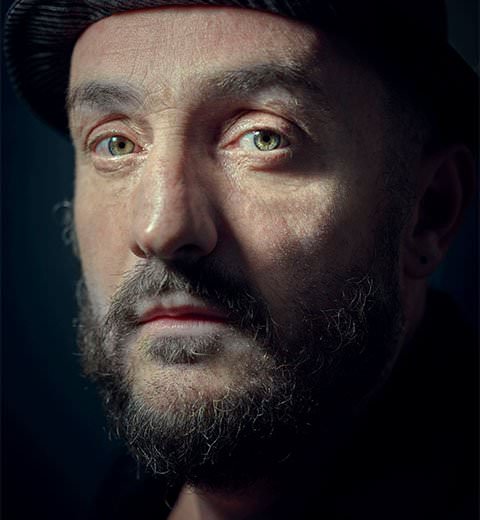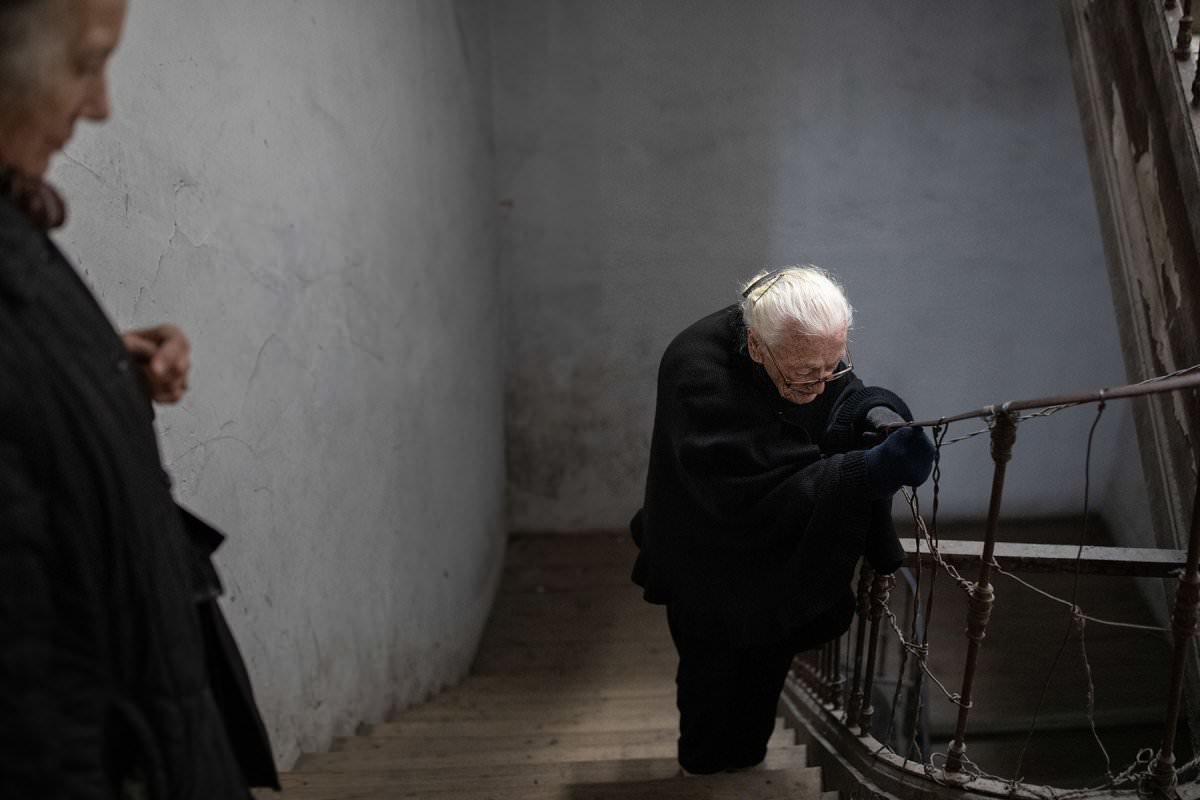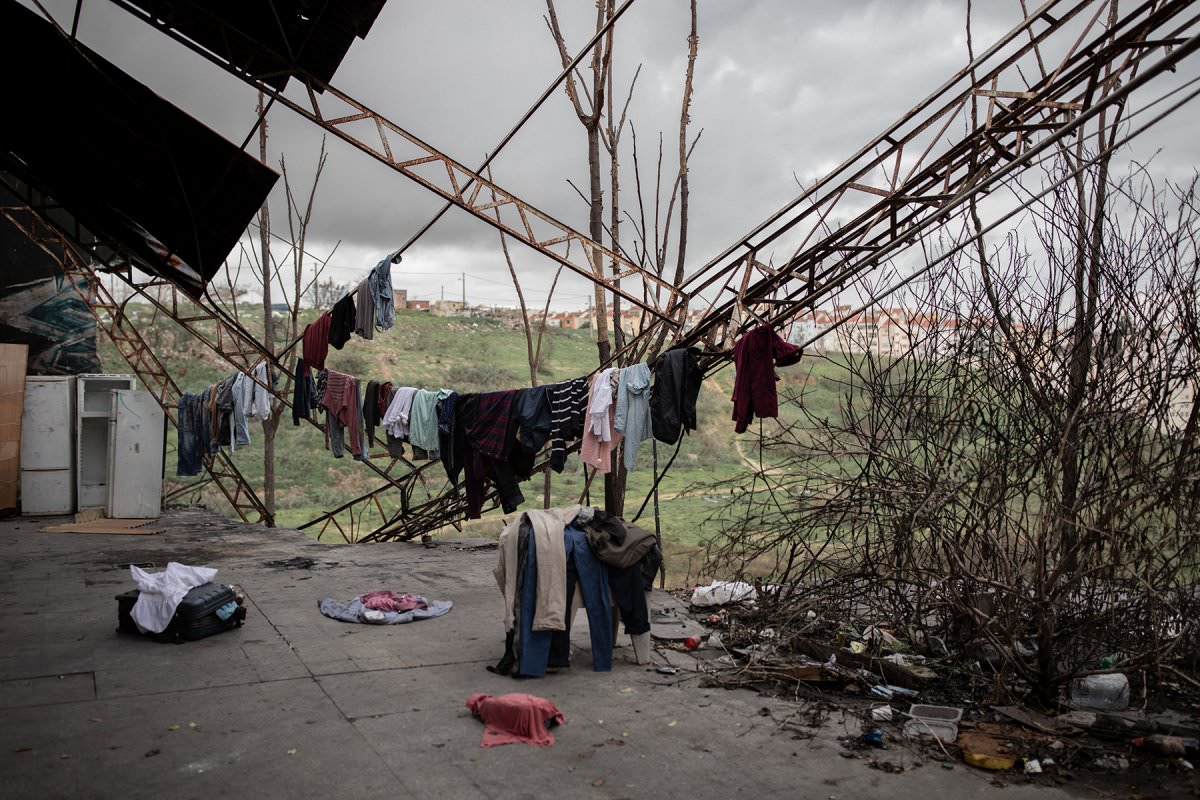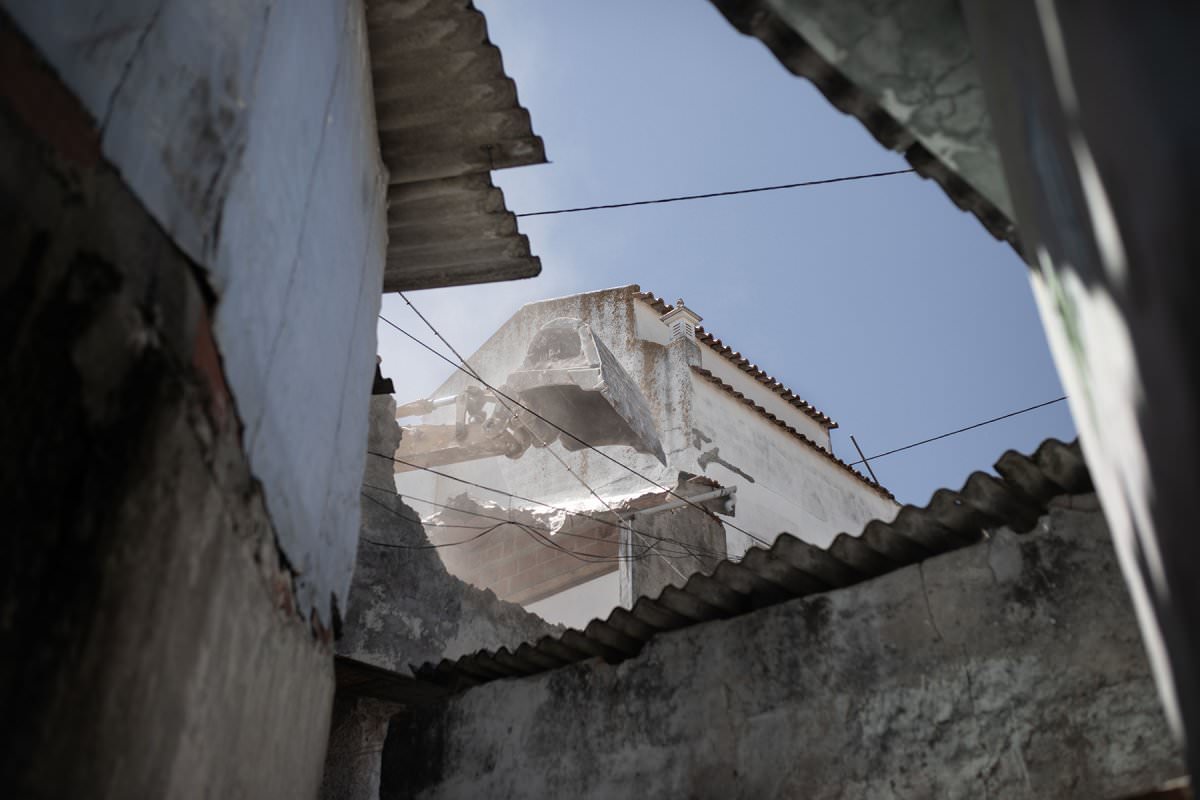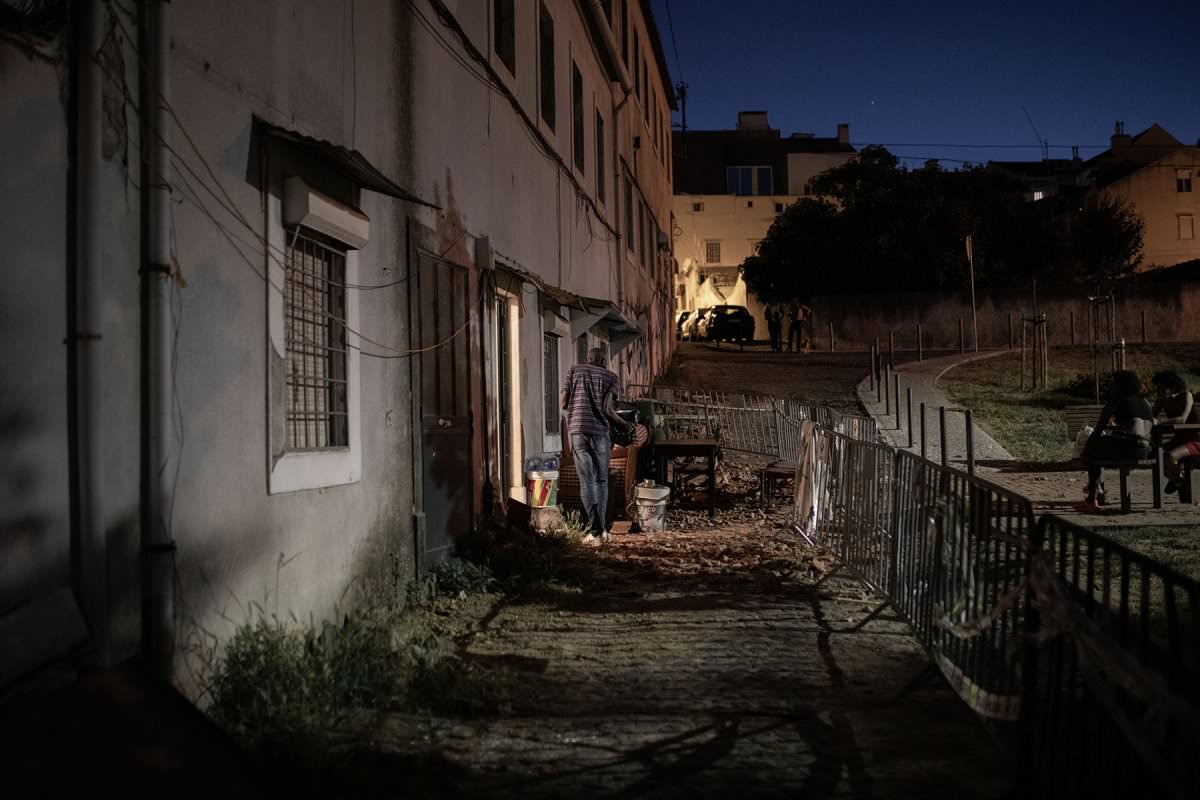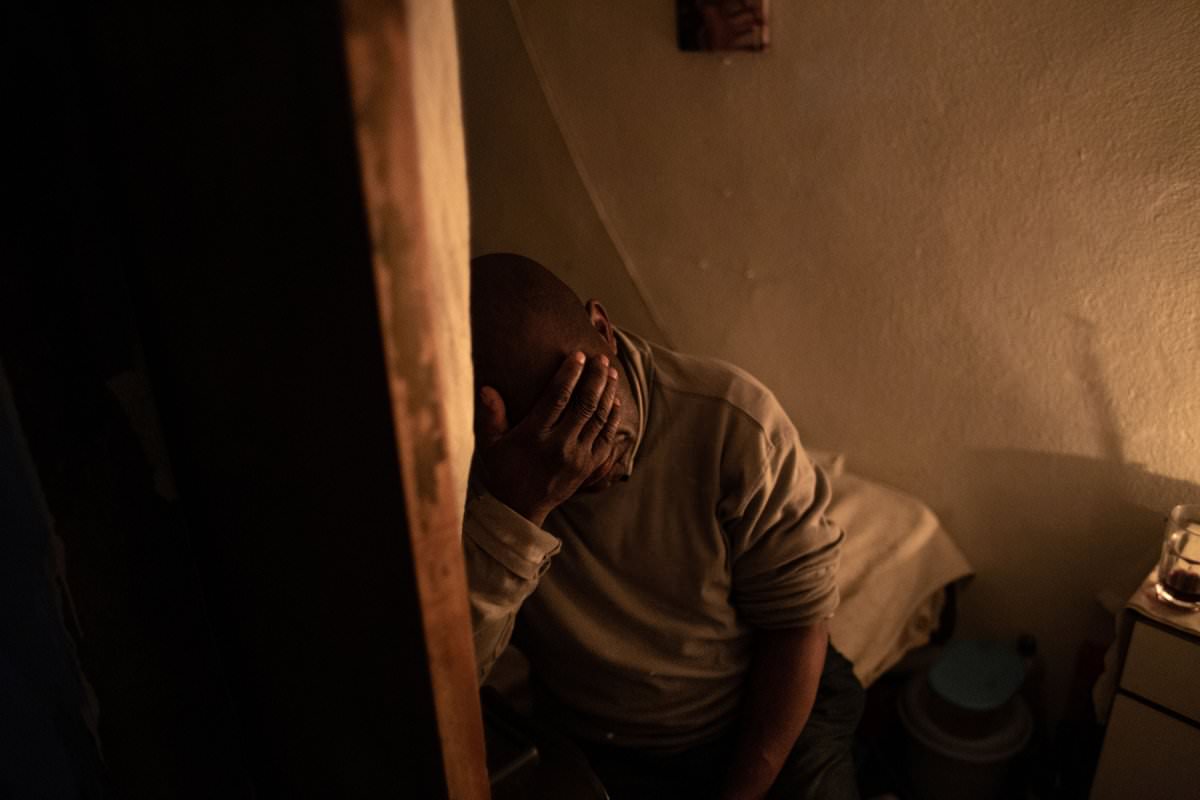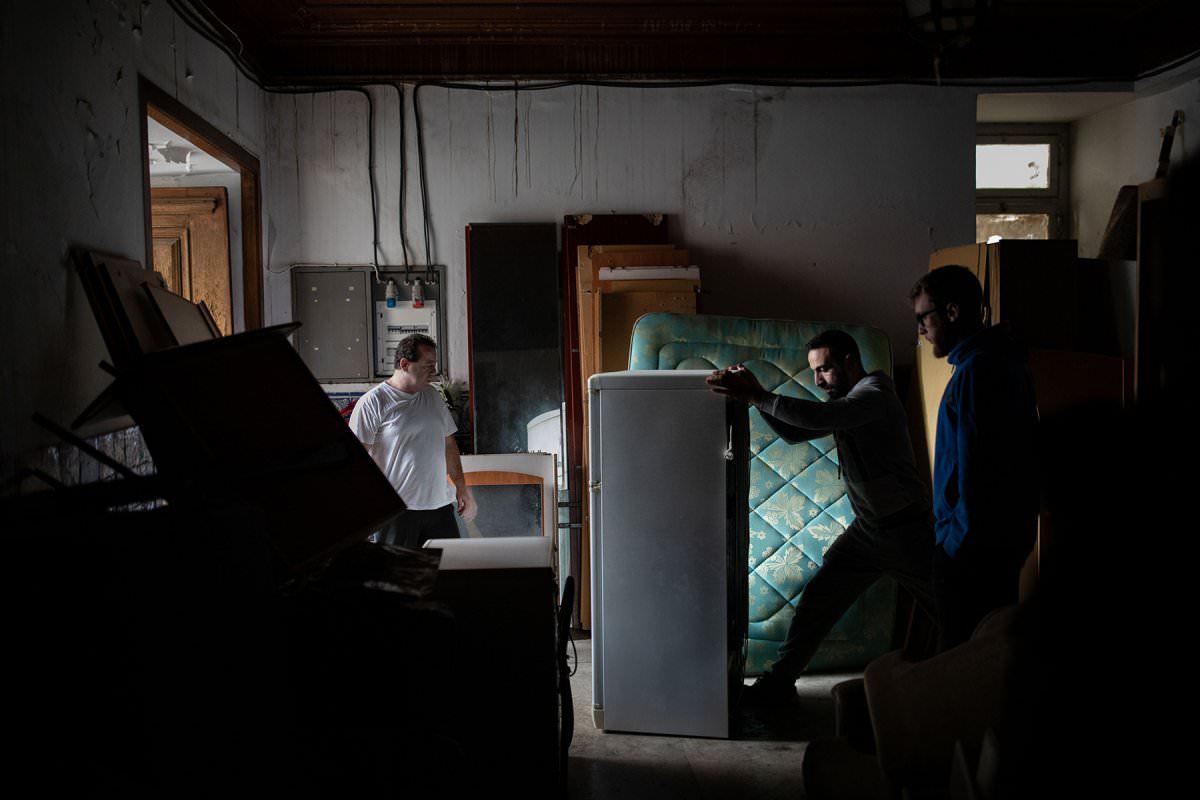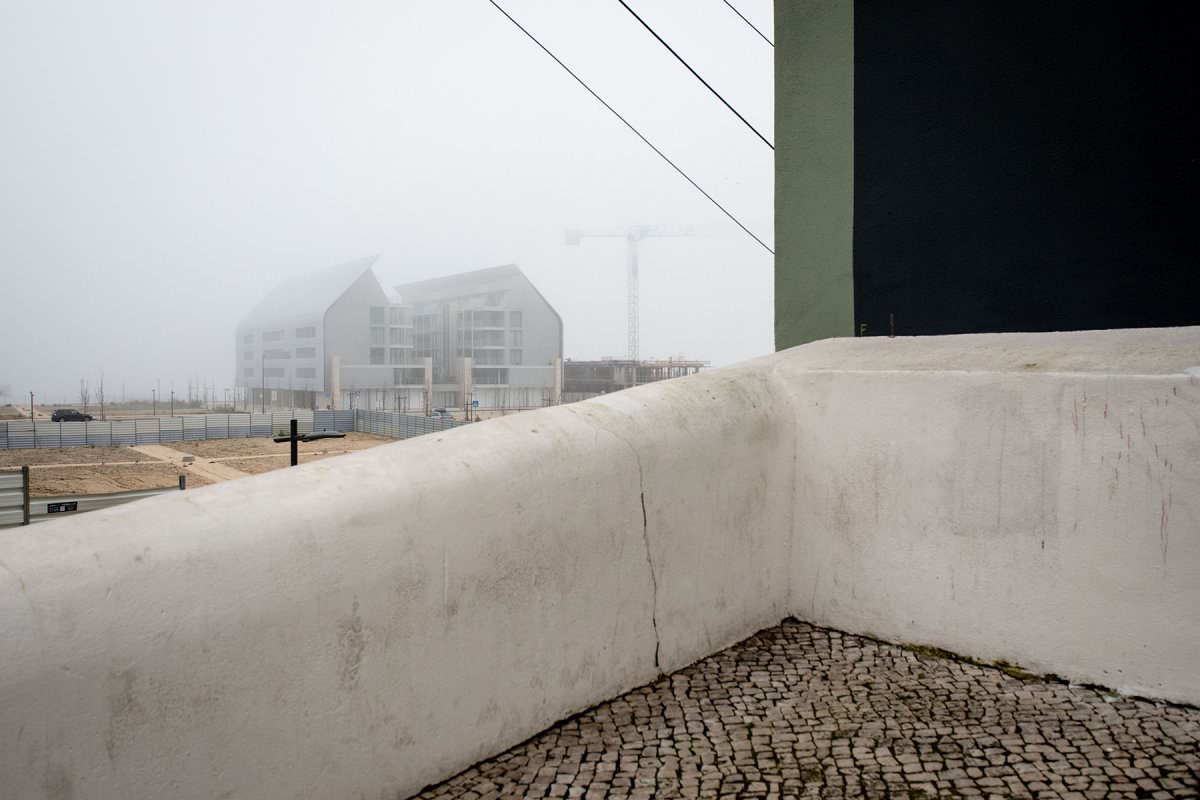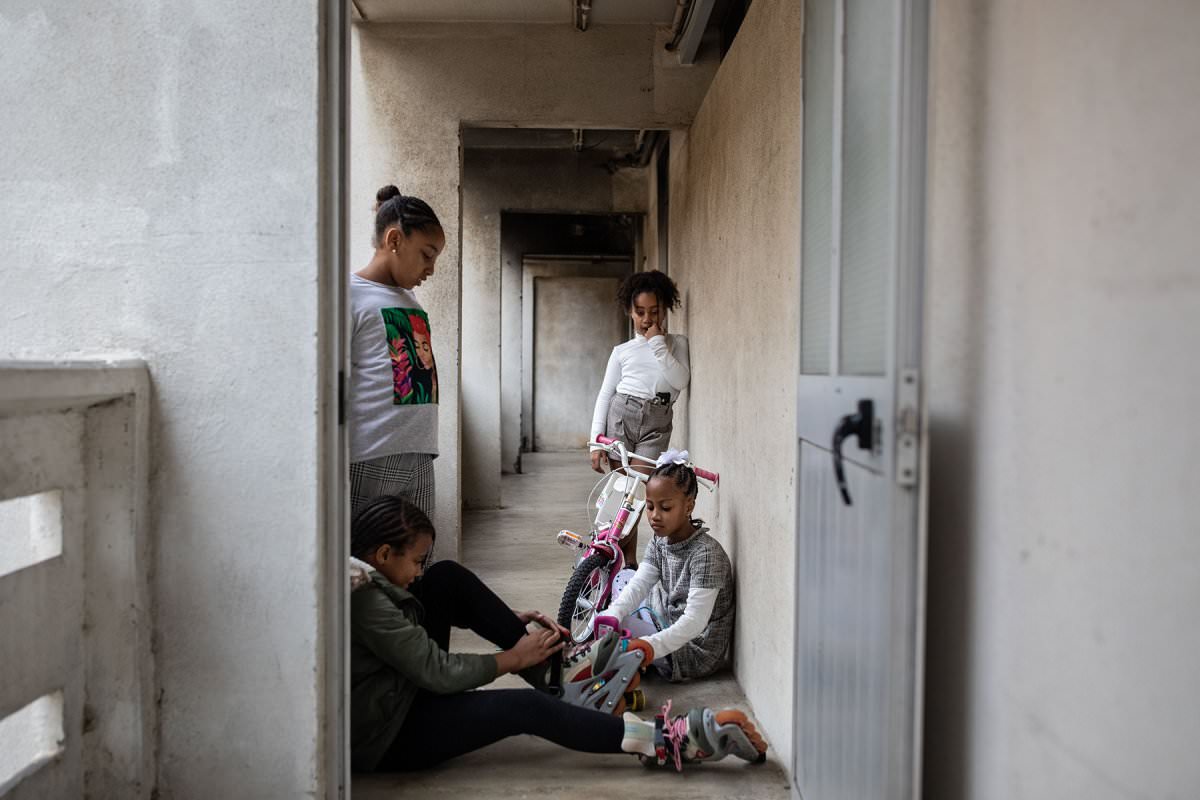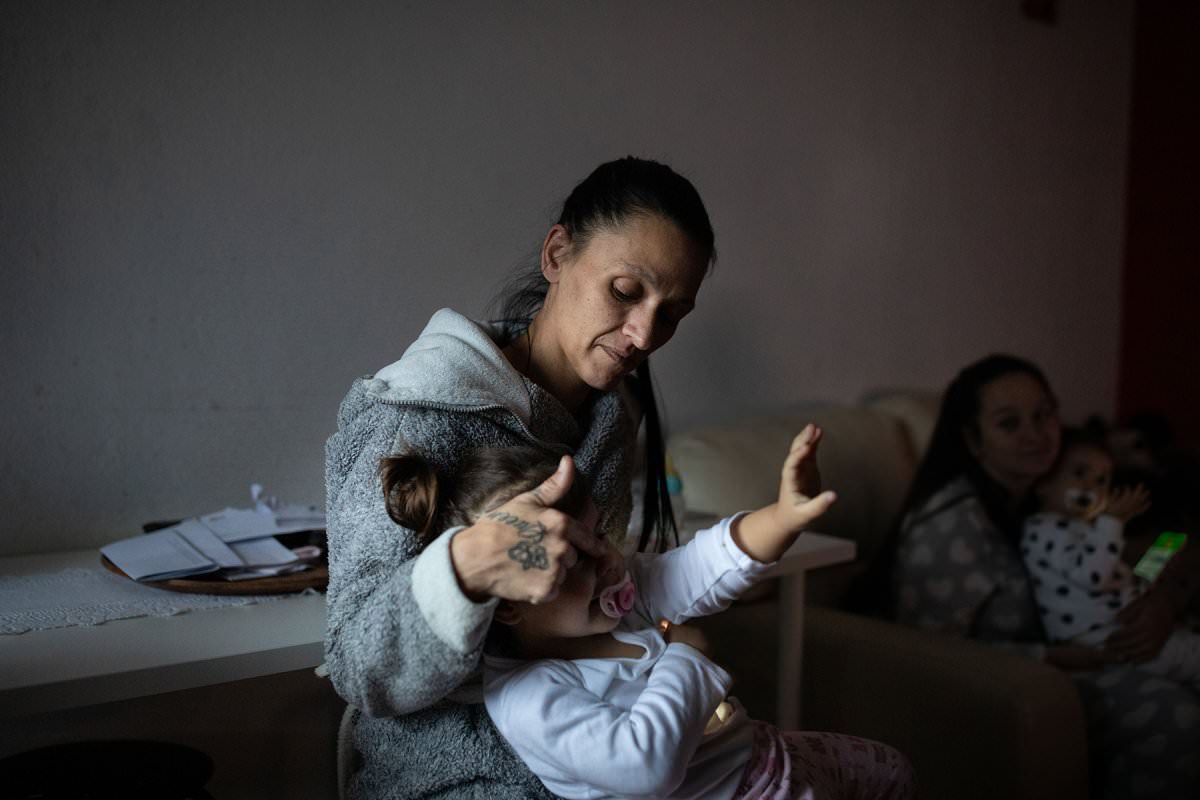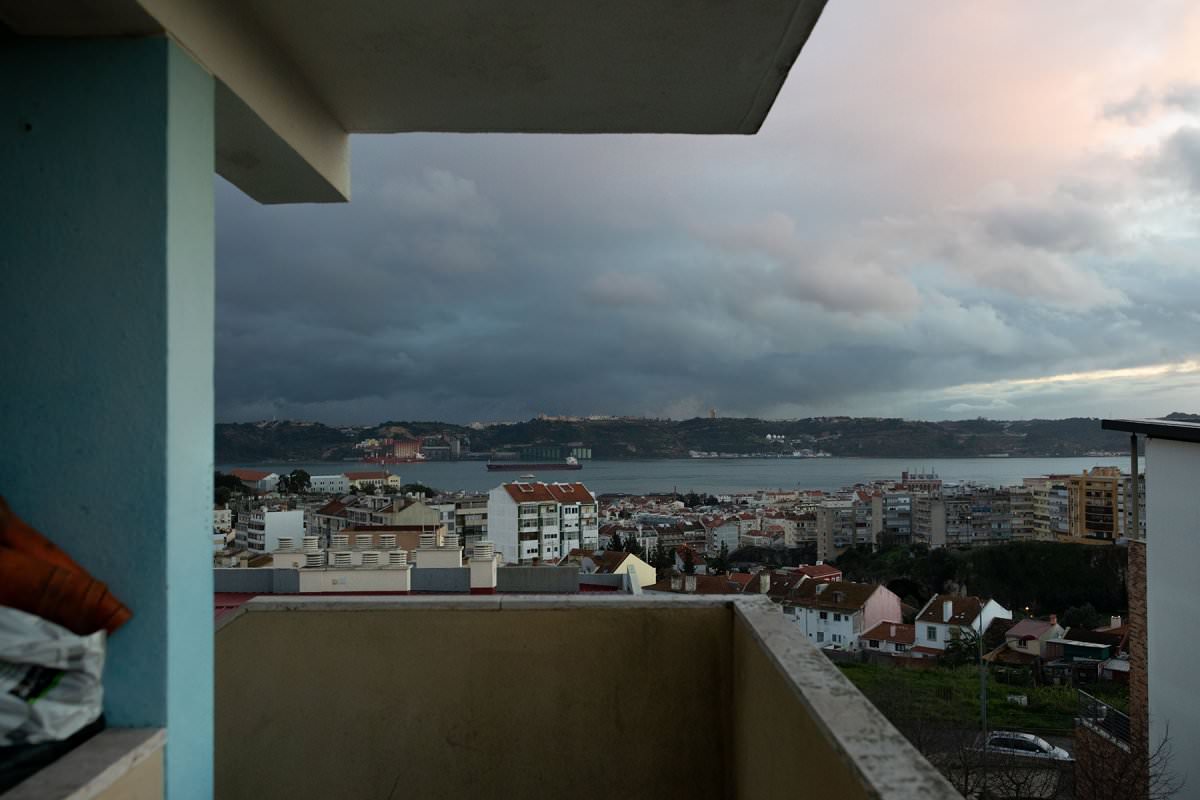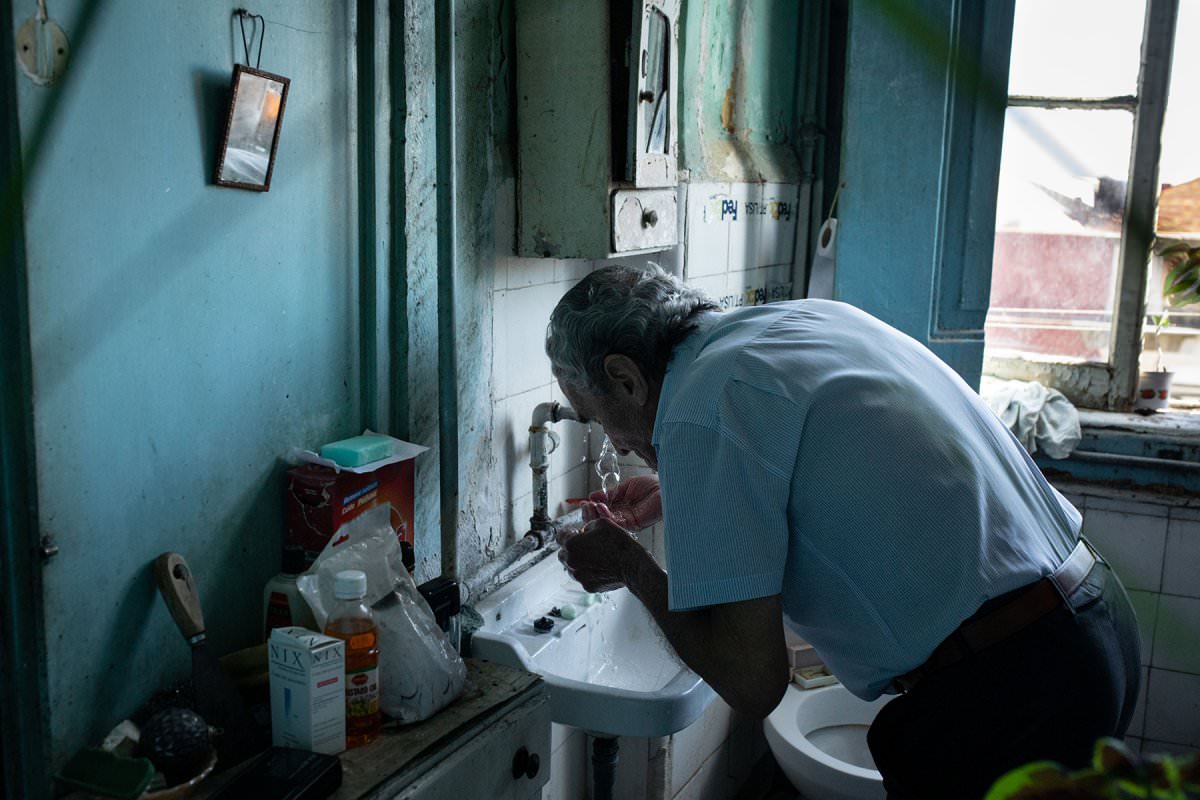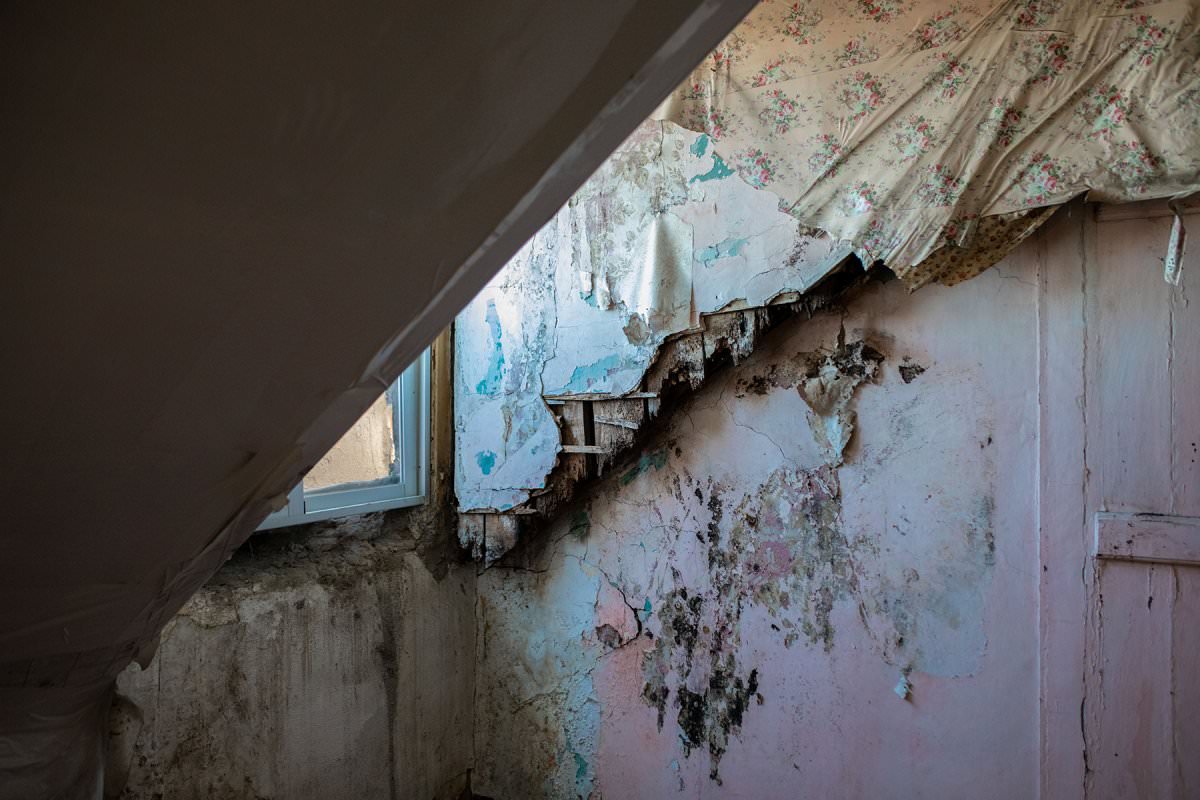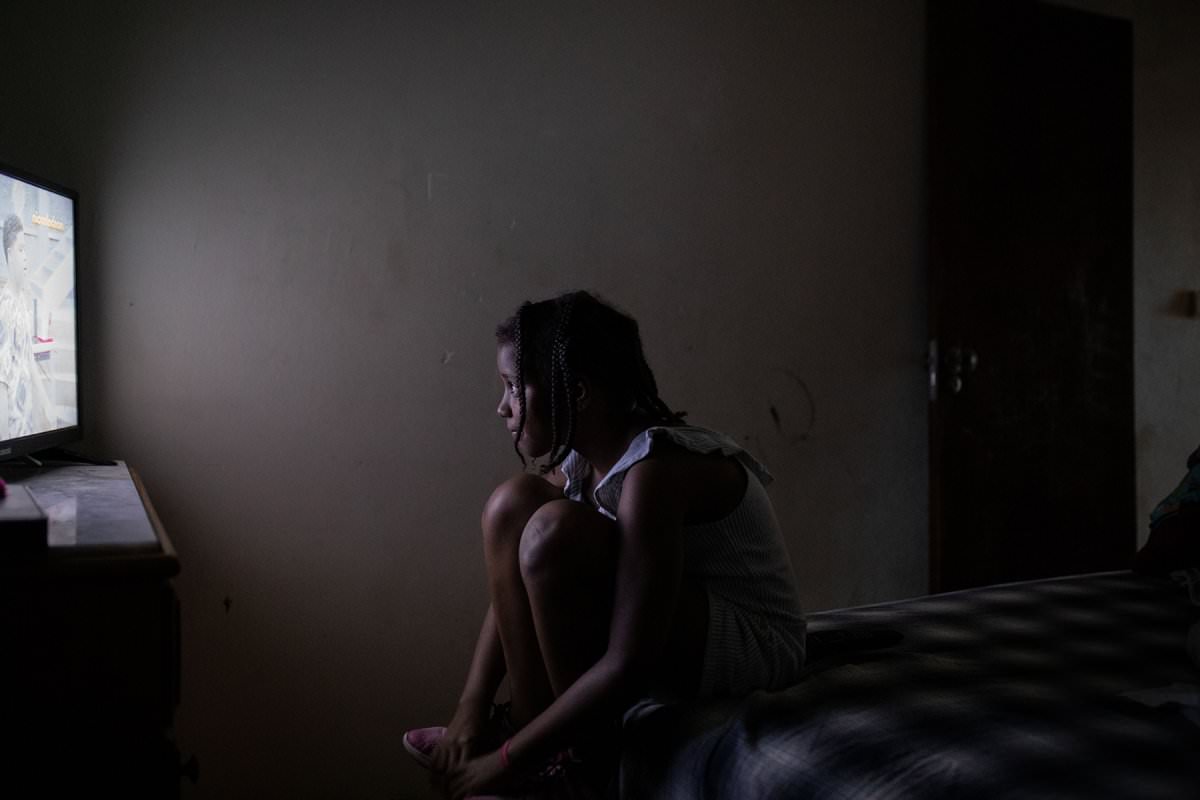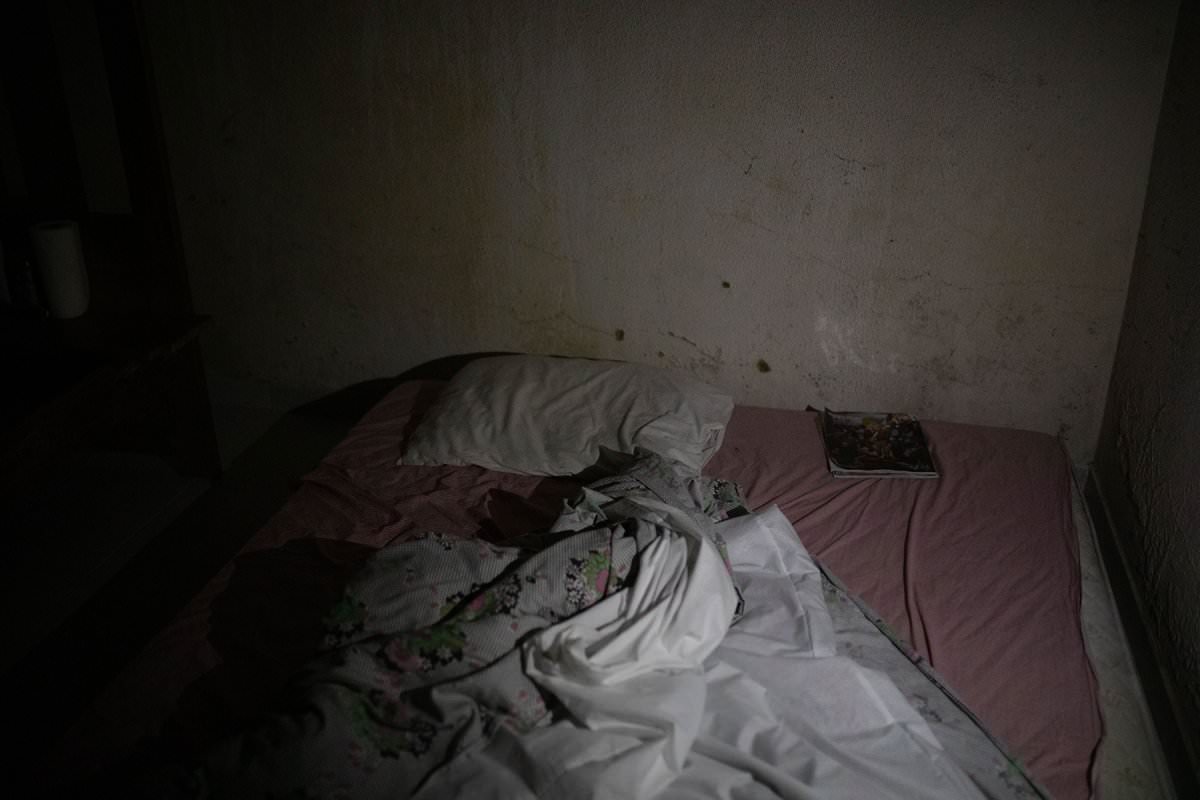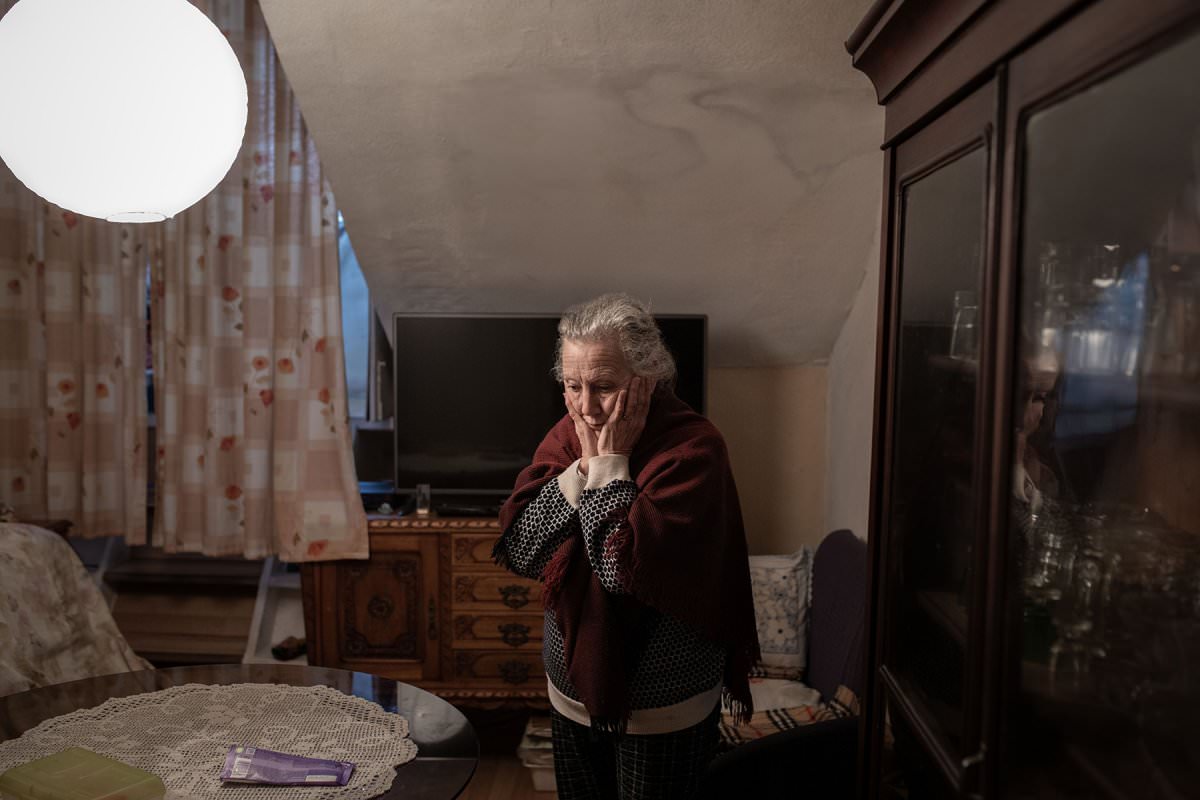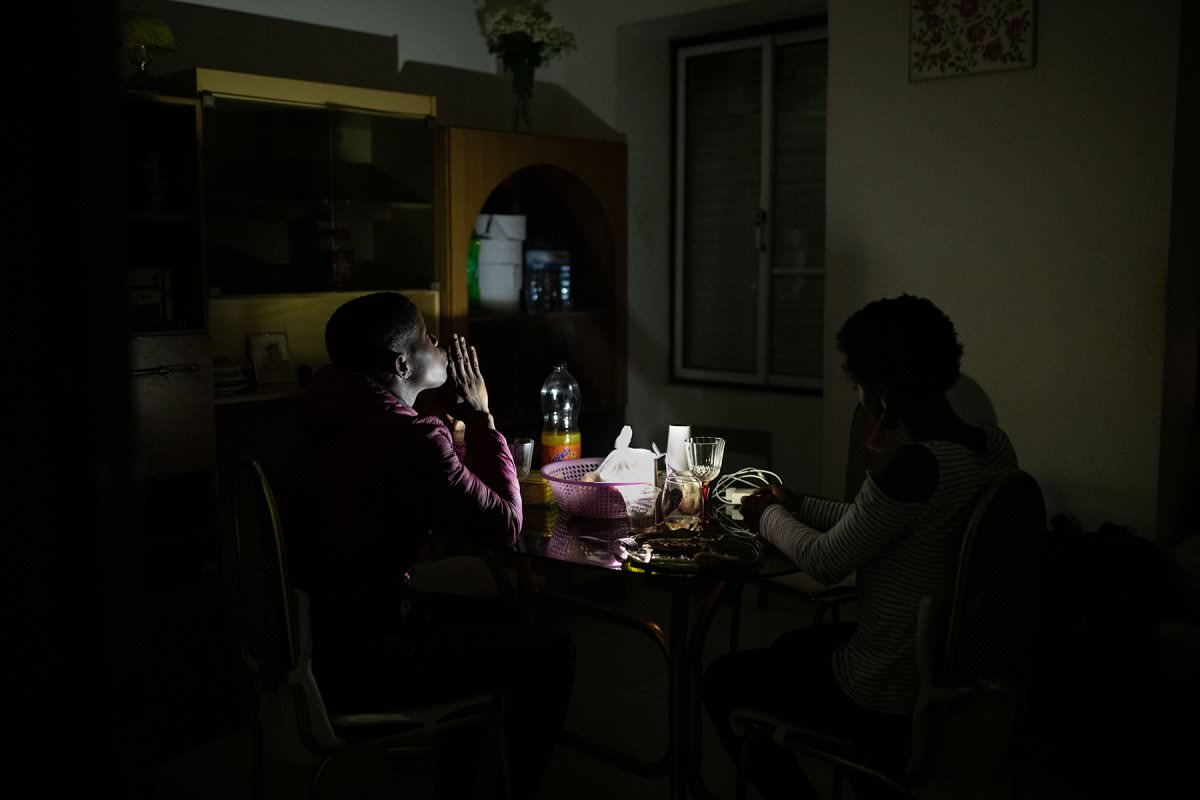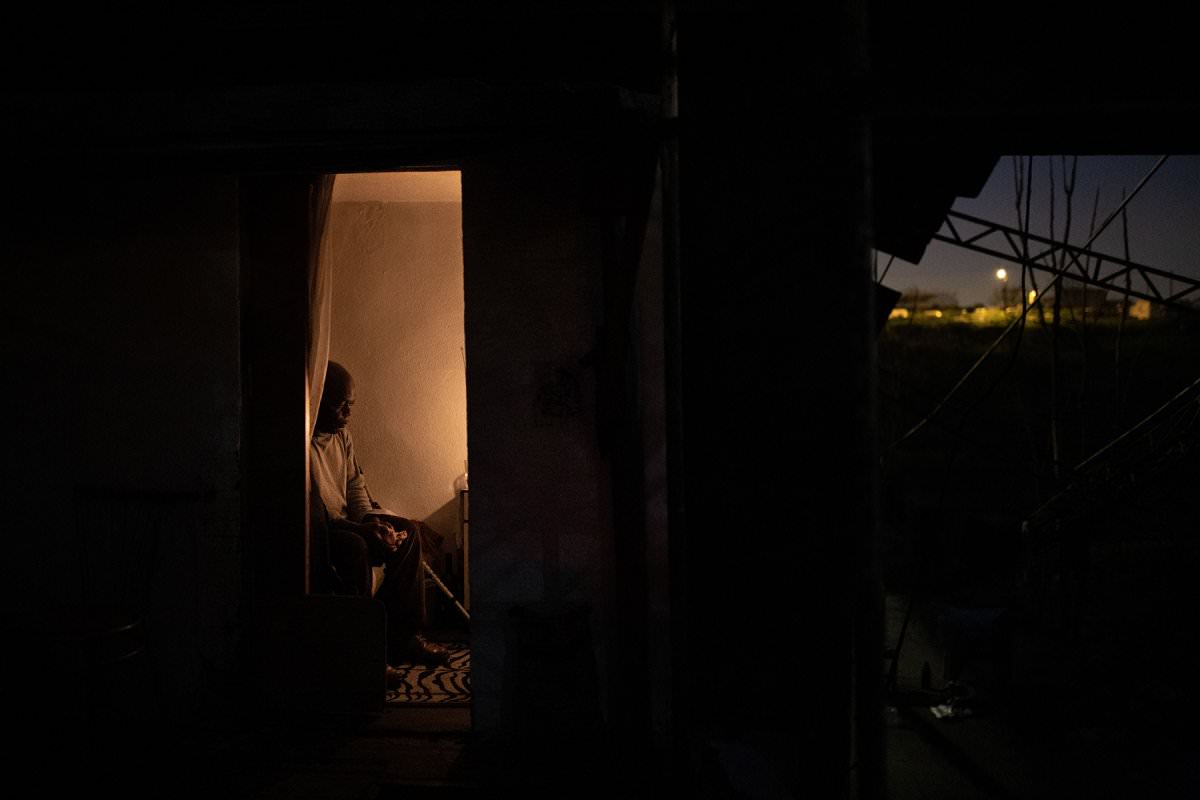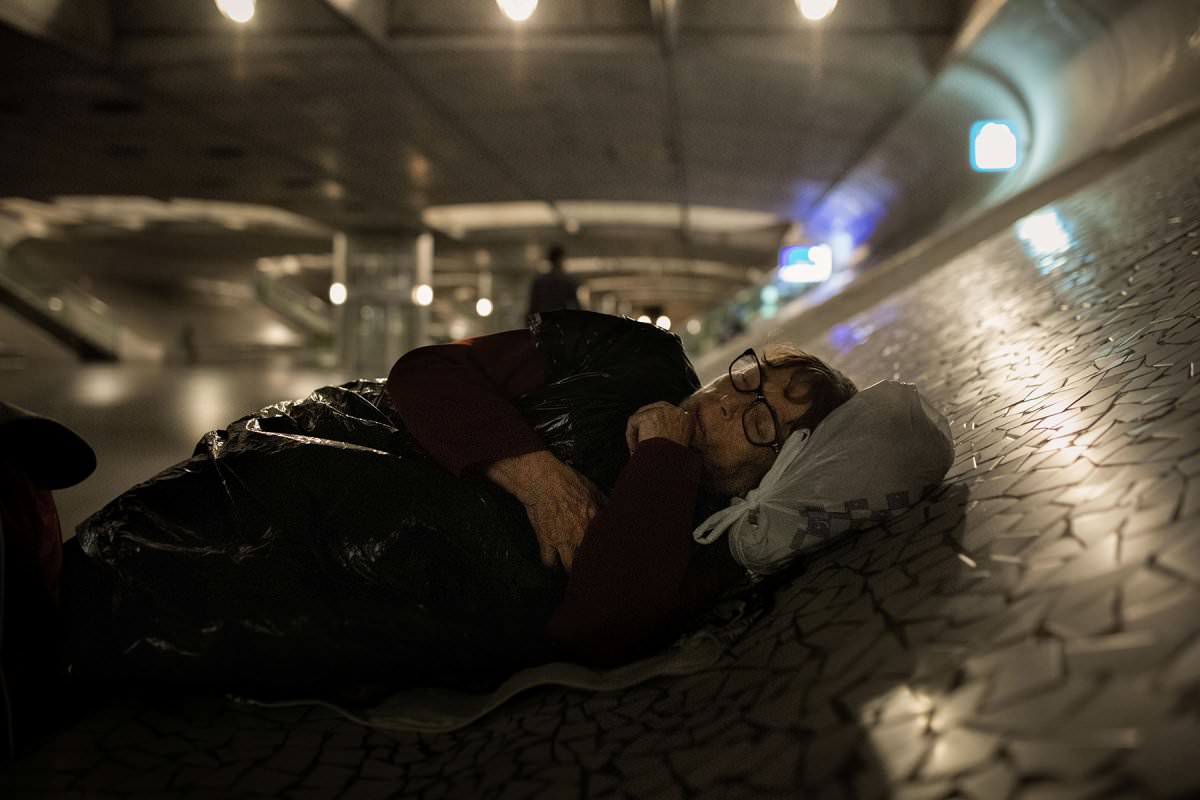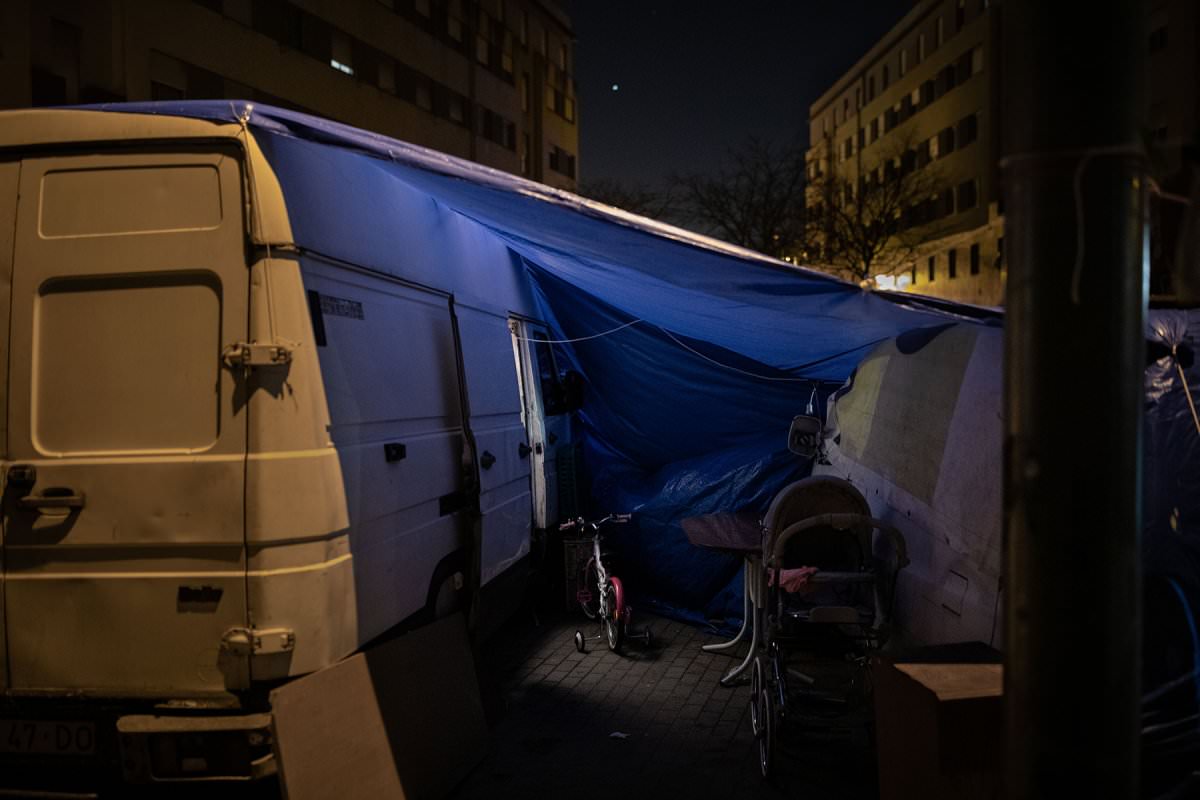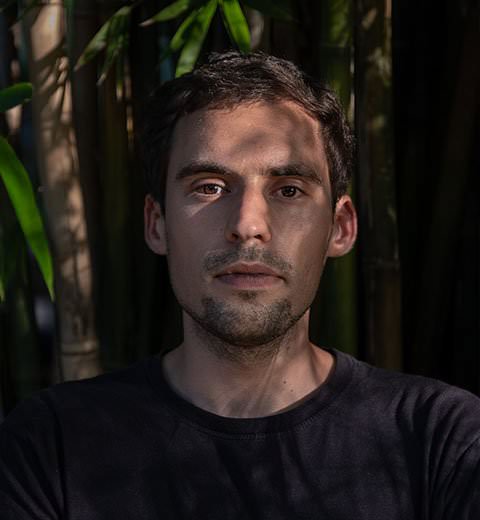Leica Oskar Barnack Award 2020: The Winners
The winner of the Leica Oskar Barnack Award 2020 is the Italian photographer Luca Locatelli. For his series “Future Studies” he was awarded in the main category in LOBA’s anniversary year. In addition to the prize money, which has been increased to 40,000 euros this year, Luca Locatelli also receives camera equipment valued at 10,000 euros.
How do we want to live? The photographer’s long-term project visualizes research into new ways for our future survival on the planet, and how to deal with the enormous environmental problems we face. With his motifs, Locatelli questions the reigning idea of permanent economic growth and opens up an intense debate about our relationship with nature and technology.
Fear for the future and skepticism concerning progress has today become more topical than ever. The series “Future Studies” focuses on these, very current, burning questions. “My aim through this project is to present the viewer with a debate regarding our concept of growth and our relationship with nature and technology,” Locatelli explains. “For a long time, technological progress has represented the foundation upon which utopian visions of the future were built; it has allowed us to have access to an extraordinary number of products and to a comfort unimaginable to previous generations,” he adds. “Today, however, as never before, we are also becoming conscious of its dark side; of the damage, it caused in the past, as well as the risks implied in living in a highly technological world.”
“One of the most characteristic symptoms of the time in which we live is the growing sense of loss of a better future; of a hypothetical tomorrow, perceived as something promising and yet unknown.”
Locatelli, who came to photography when he was already in his mid-thirties, was also interested in technology and innovation when previously working as a computer scientist and software developer. He began work on his “Future Studies” series seven years ago. The selection that was submitted to the LOBA was produced between 2015 and 2019 and is primarily dedicated to the energy turnaround and the future of food production. Locatelli took pictures in shut-down nuclear power plants, port facilities, at a North Sea wind park, and at a brown coal mine in Germany. He visited a wind turbine factory, one of Denmark’s largest waste-to-energy power plants, a geothermal power plant, and a greenhouse in Iceland. He visited other enormous greenhouses, an algae park in the Netherlands, an insect farm in Great Britain, and documented the world’s largest aircraft storage facility in Arizona.
Locatelli frequently presents the places he visited from up high, photographed from a helicopter, or using a drone. These perspectives allow for completely new access to operations and landscapes that are often hidden or barely accessible. The photographer prefers to work with medium format cameras and has used a Leica S for some of his motifs. His precisely composed images have strong graphic designs, and particular color schemes, that make many of the motifs appear artificially enhanced. People only appear occasionally, and when they do, they are primarily scientists and researchers in the middle of a scenario. The photographer himself describes his style as “documentary fine art photography”.
The pictures seem neutral, and aim to awaken a curiosity towards strange worlds. Consequently, Locatelli sees his series as an open invitation to ponder the future of the world. He is convinced that real progress and sustainable future development are only possible with a minimal burden on the environment.
“Growing political and economic instability, together with an ever more tangible ecological crisis and the virus outbreak experience we are living through, all over the world, are trapping us in an eternal present made of anxiety and pessimism.”
The lockdown period around the world forced Locatelli to take a break, which he used to study and see the connections in his previously photographed series and objects. Even with his wide understanding and experiences, Locatelli tries to look into the future with optimism. “Never before have we had such an occasion to reflect on what our attitudes should be in the future, as we have had in this difficult time of the Covid-19, which has brought the world to a halt. This allows us to consider what our efforts must be, in order to re-establish a healthy relationship with nature and the planet.” From the photographer’s perspective, restoring the balance between science and technology in view of our environment is central to creating a positive future for humanity.
About the Author
Luca Locatelli was born in Italy in 1971. He worked as a software developer for over ten years, before starting a career in documentary photography, in 2006. He has been represented by international agencies, such as the Institute for Artist Management, since 2016; and has been a National Geographic photographer, since 2015.
Locatelli develops his stories in collaboration with journalists, environmental activists, and scientists. His work has been exhibited internationally and has been honored with the World Press Photo, the Sony World Photography Award, the Nannen Prize, and the Aftermath Grant, among others. He has been published in the New York Times Magazine, Time, The New Yorker, Bloomberg Businessweek, Wired, Smithsonian, Stern, GEO, and The Sunday Times Magazine.
WINNER AWARD NEWCOMER 2020: GONÇALO FONSECA
The Leica Oskar Barnack Award Newcomer 2020 goes to the Portuguese photographer Gonçalo Fonseca. For his series “New Lisbon” he was honored in the young talent category in LOBA’s anniversary year. As the winner of the Newcomer Award, Gonçalo Fonseca receives a photographic assignment, a two-week tutoring course at Leica Camera AG Headquarters in Wetzlar, and a Leica Q, valued at 5,000 euros.
The photographer’s series deals with the dramatic housing situation currently affecting Lisbon and, based on individual stories, reveals the consequences of advancing gentrification. As a result of exploding property prices in the capital, over 10,000 tenants have already lost their homes.
Around six million people visited the Portuguese capital, during their holidays in 2019. This means that this city of half a million inhabitants is one of the most popular destinations in Europe. An urban tourist coming to Lisbon, renting an inexpensive apartment in the old city, will probably give no thought to the history behind his accommodation or who the former tenants might have been.
Thanks to Lisbon’s increased popularity, the housing market there has changed very rapidly. For a long time, homeowners had avoided any kind of restoration work or repairs on their properties, but with the liberalization of the housing market, during the financial crisis, a wave of extreme speculation rolled through the city. Investment funds dealt with buildings exclusively as assets, without any consideration for the people living in them. The prices of rents rose steadily; houses were sold and often transformed into holiday apartments, without the municipality’s intervention and without former tenants being offered any kind of alternative.
The number of registered holiday apartments rose from 500 to around 18,000, between 2011 and 2018. The tourism boom, property speculation, and advancing gentrification displaced thousands of tenants, some of whom had lived their whole lives in the old houses. Many displaced people became homeless or were forced to become squatters. It is the desolate everyday life of these people that the photographer centered his series around.
“I take a very dedicated approach to my work and to the people I photograph. I have kept in touch with almost everyone who took the brave step of sharing their lives with me, here in Lisbon.”
Having been born and grown up in Lisbon, the photographer has followed the process of transformation his city has undergone in recent years, very closely: “Growing up, I felt Lisbon was kind of a forgotten treasure, with its beautiful weather, amazing food, and distinctive personality. I often wondered why people didn’t come to the city as tourists.”
Fonseca’s impression of the radical changes in his city became even stronger after he spent time abroad. “For a big part of 2018, I was in India working on a project; and when I got back, I was struck by how fast my city was changing, due to its booming popularity worldwide. I would see my favorite restaurants and shops closing down, with businesses that cater exclusively to tourists being born, often in the same places. Inequality was rising; it was getting harder and harder for low-income families to pay their rent. I felt like I was struggling against time, as there were so many things happening: the city was changing so fast that the effect of these changes needed to be documented.”
The “New Lisbon” series is not yet complete. Fonseca aims to continue following the processes of change and displacement taking place in his city. His pictures are much more than purely documentary; the photographer’s personal involvement brings them to life: “I feel it is my duty to be there for them when the photo shooting ends. This creates its own sets of challenges but, in my opinion, the key to great images is often great connections.”
About the Author
Gonçalo Fonseca was born in Lisbon in 1993. After studying Journalism at the Catholic University of Lisbon (2011 to 2014), he decided to focus fully on photography.
He completed post-graduate studies in Photojournalism at the Autonomous University of Barcelona. He has been reporting from Spain, Portugal, China and India, for numerous international magazines, since 2017. He has also received a number of awards.
More info on:
https://www.leica-oskar-barnack-award.com/
https://lucalocatelli.pageflow.io/home-03e363d4-1a35-4e00-b21b-e28a32f49481#240578
https://www.goncalofonseca.net/

